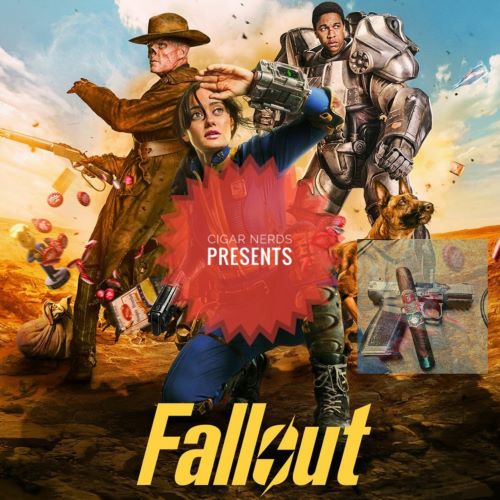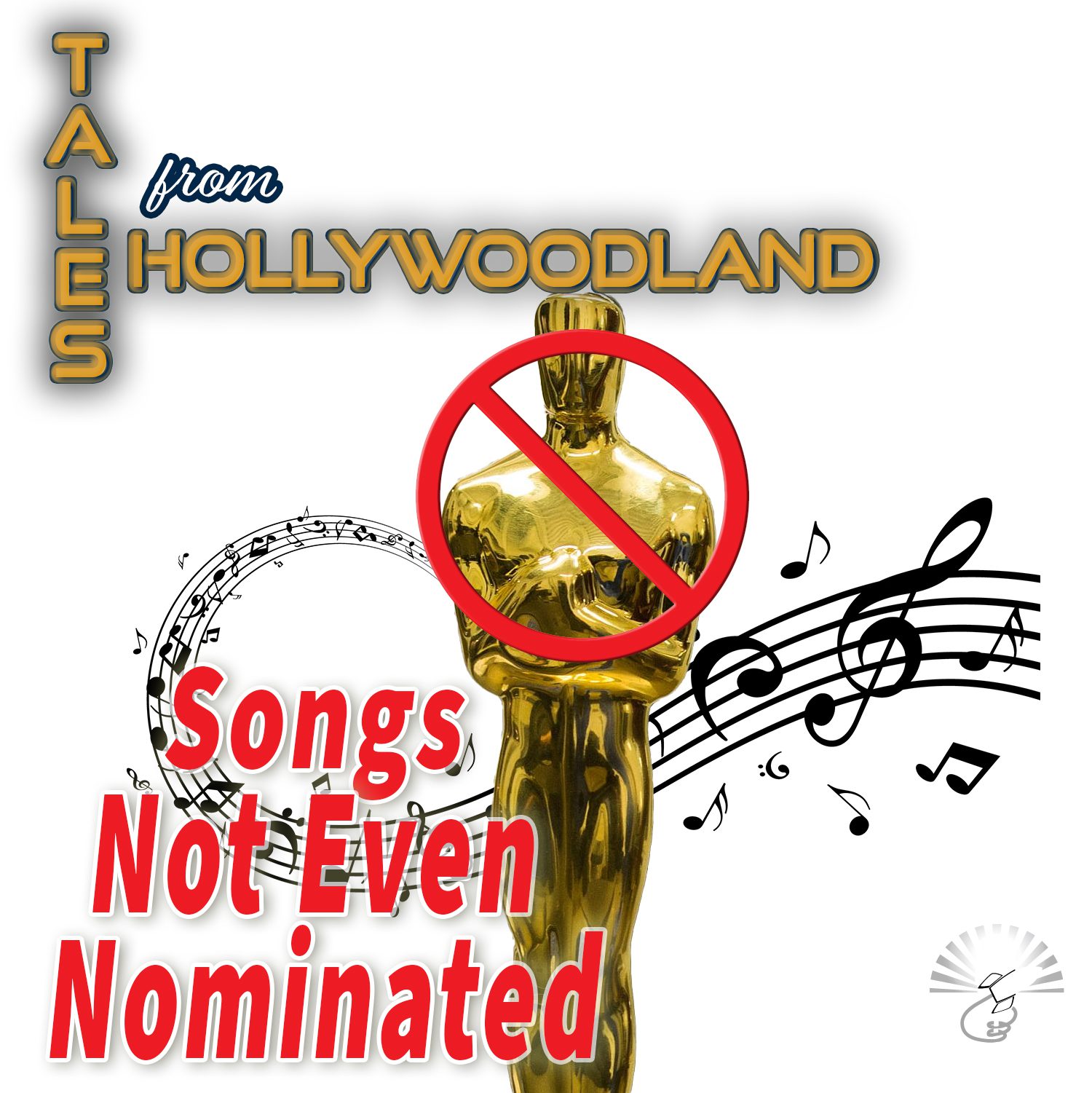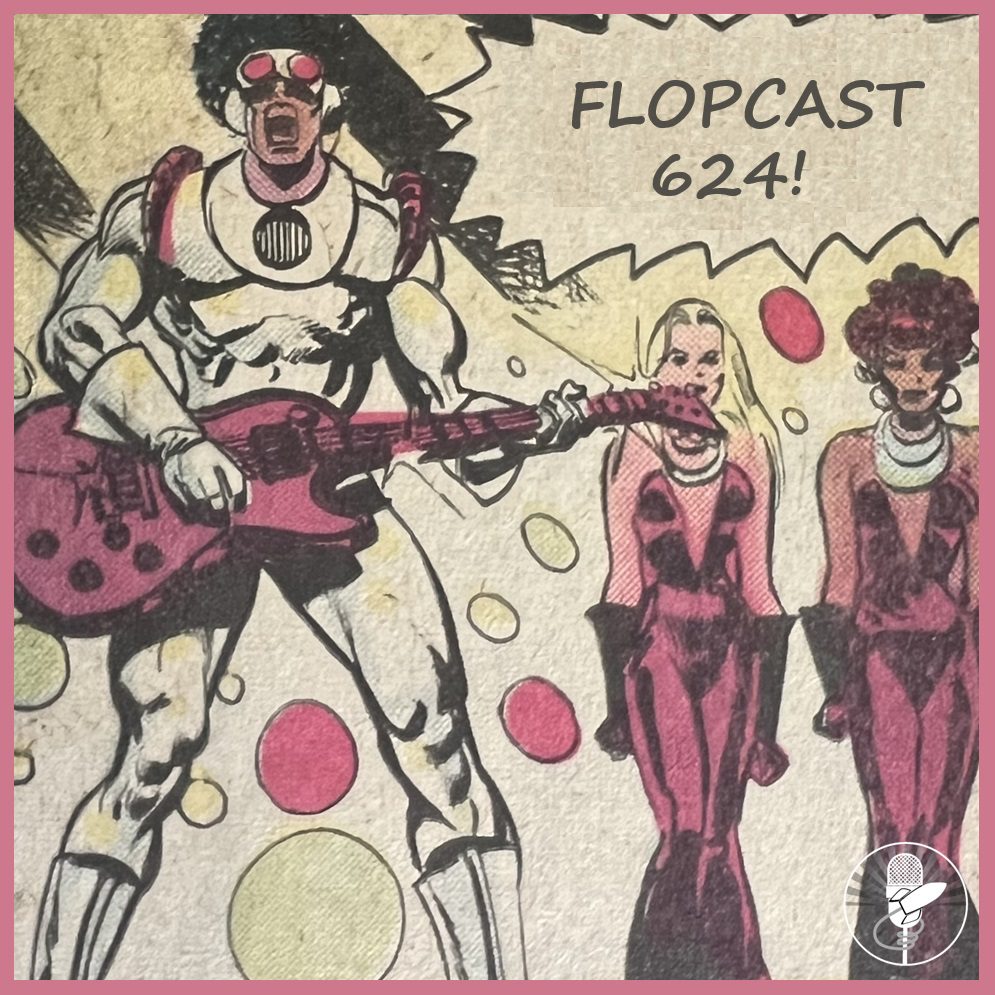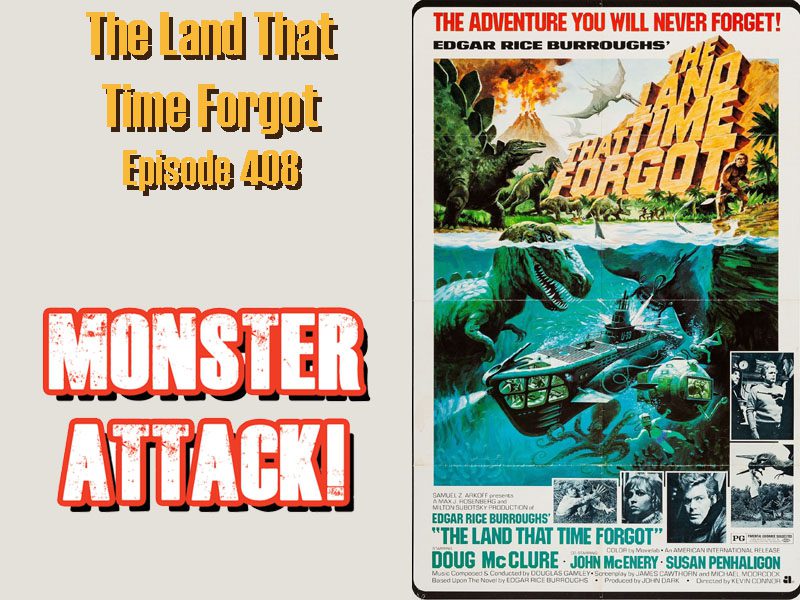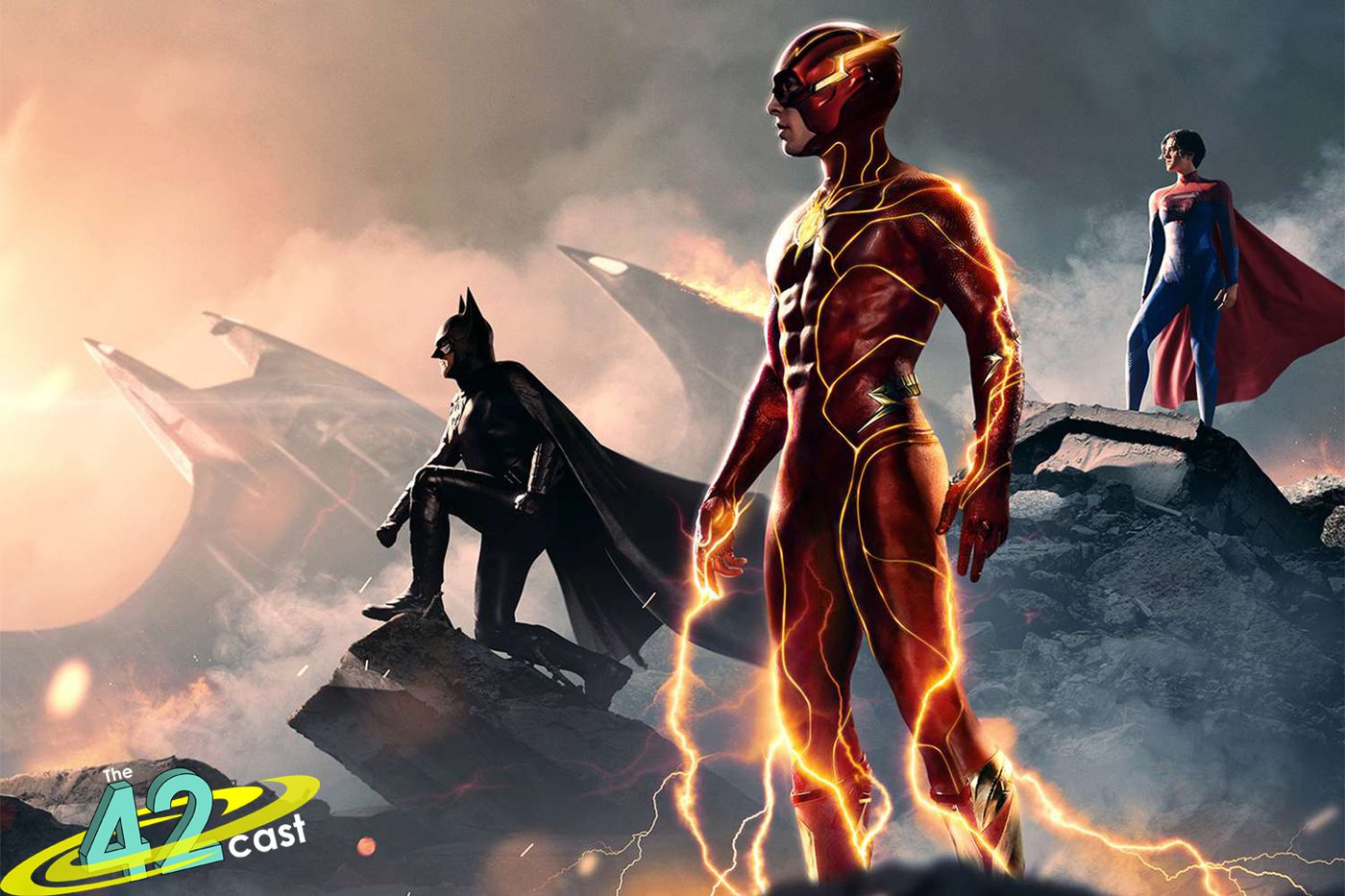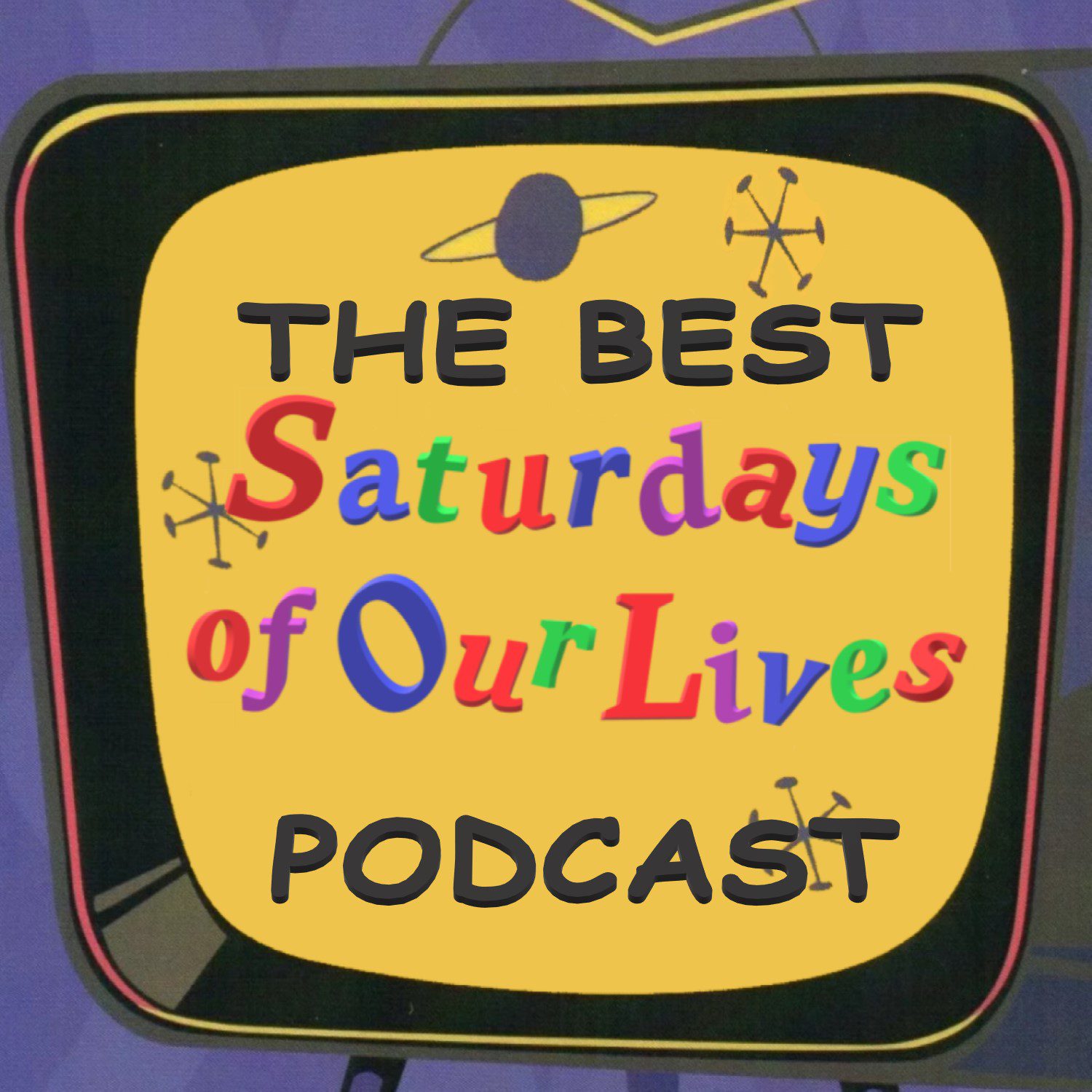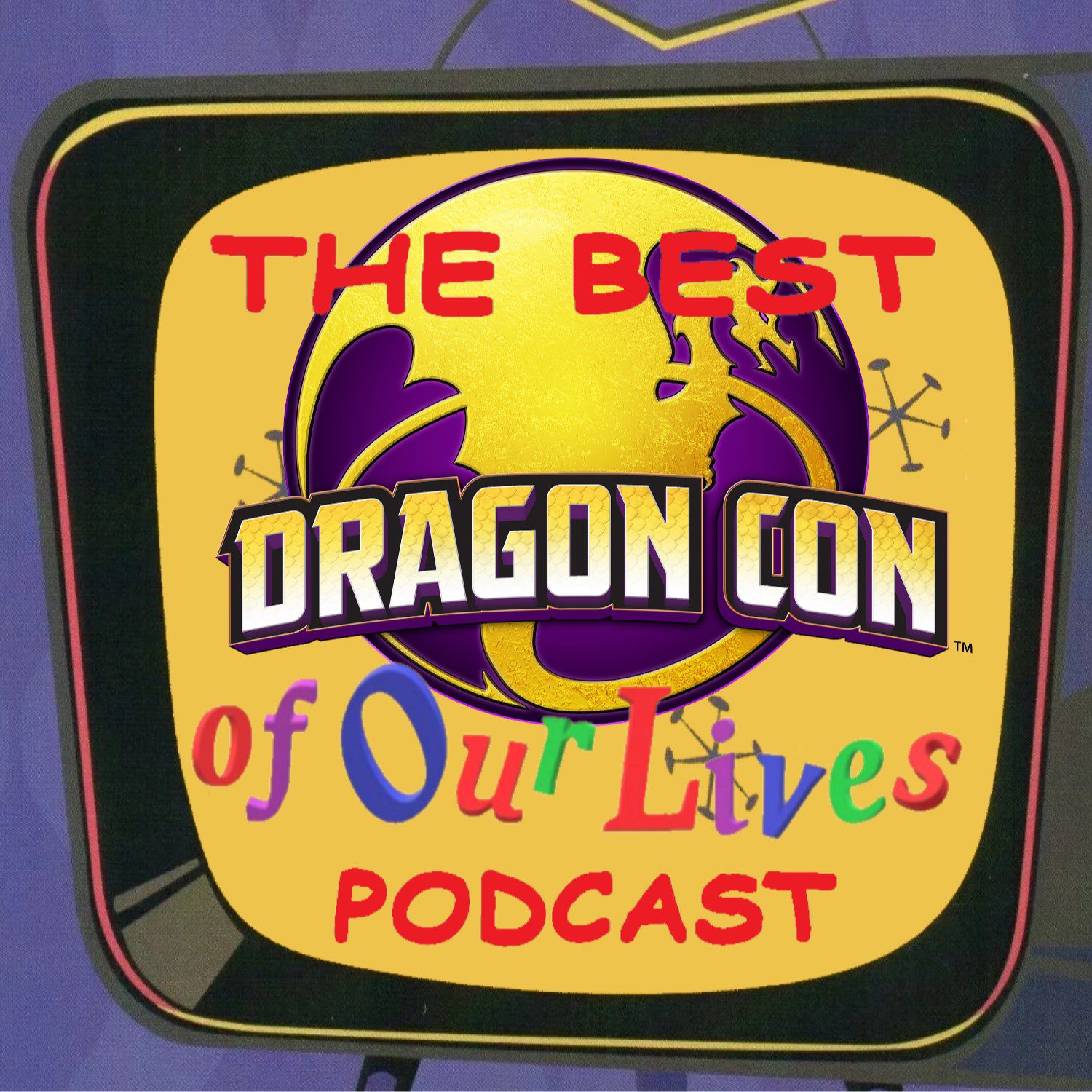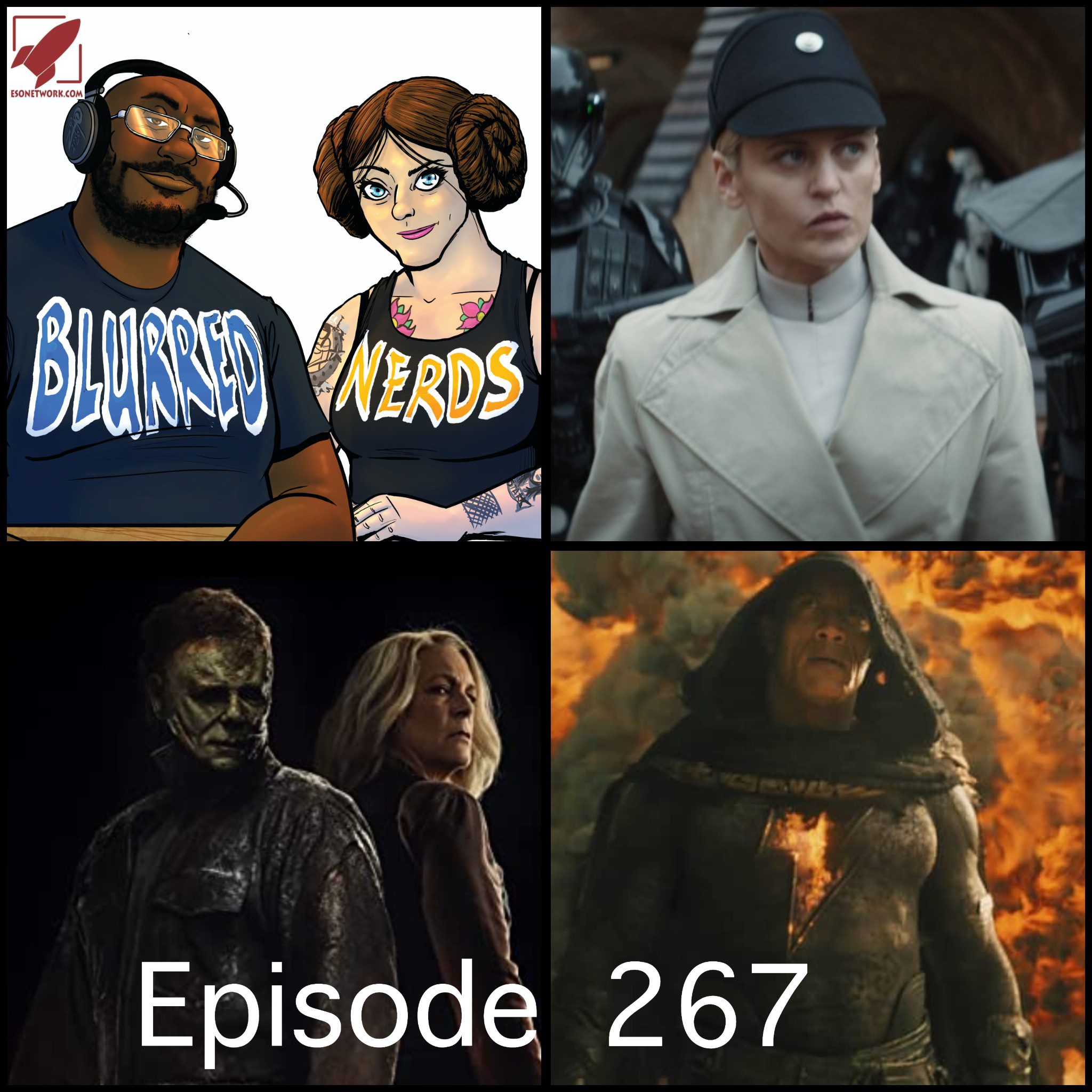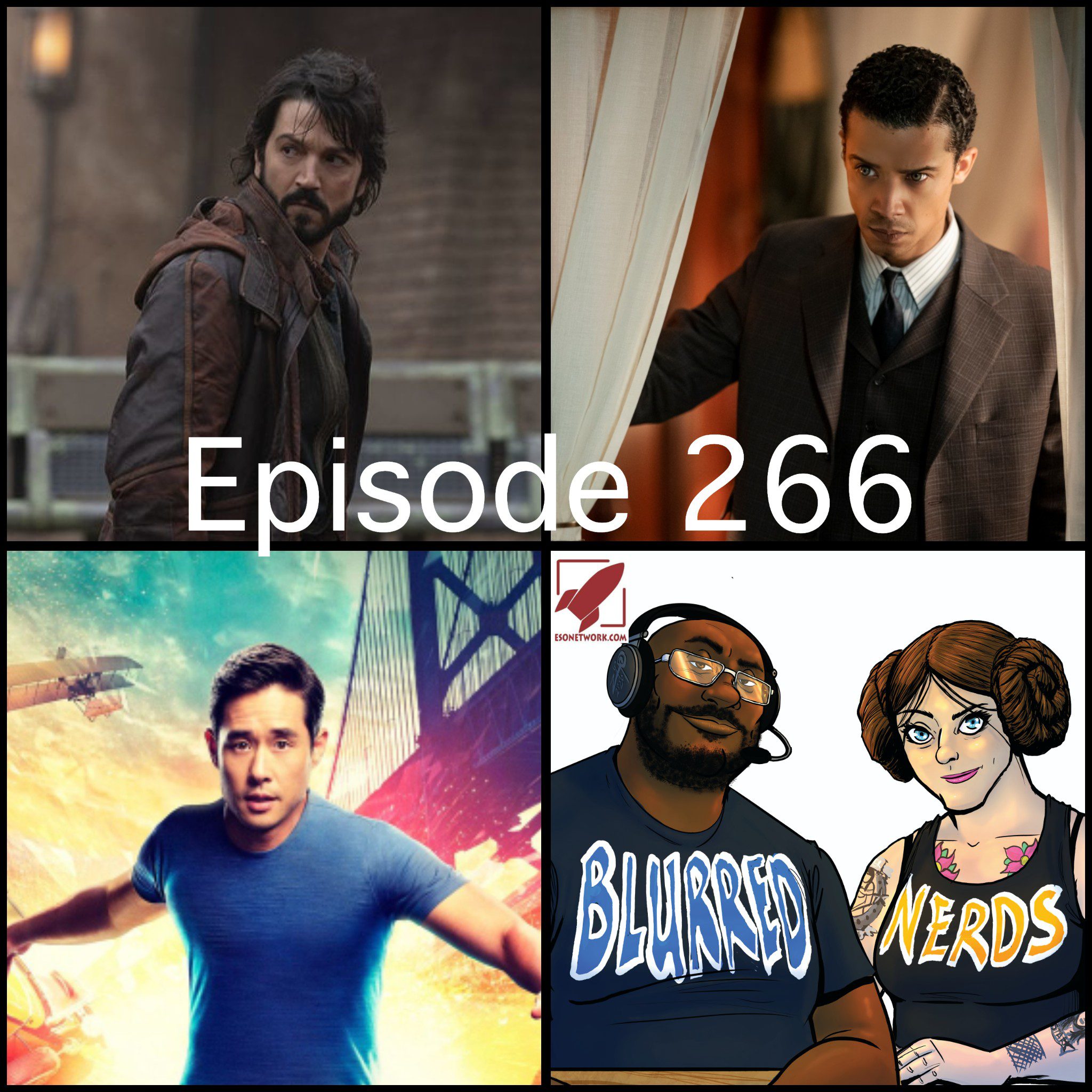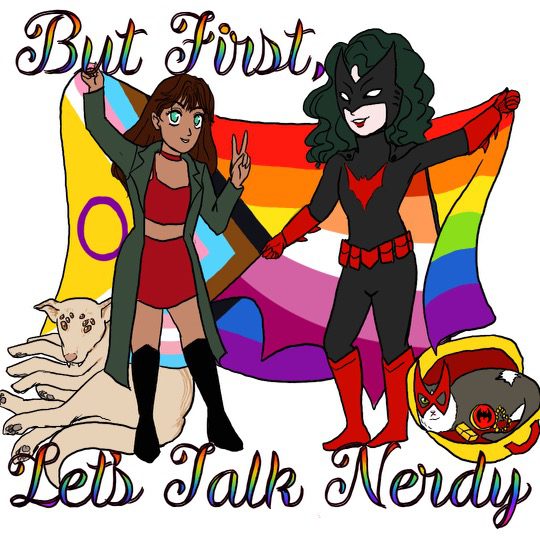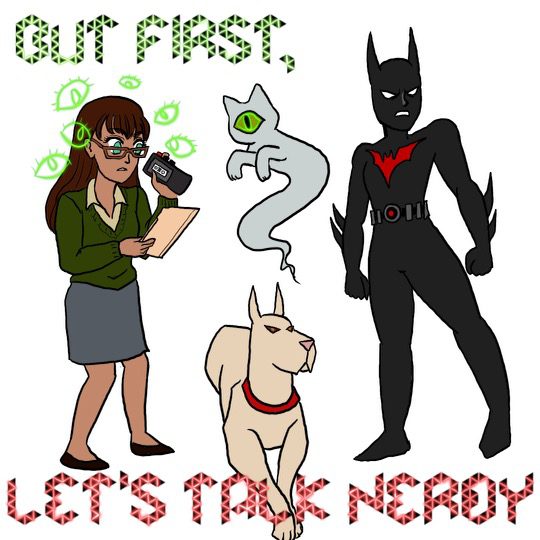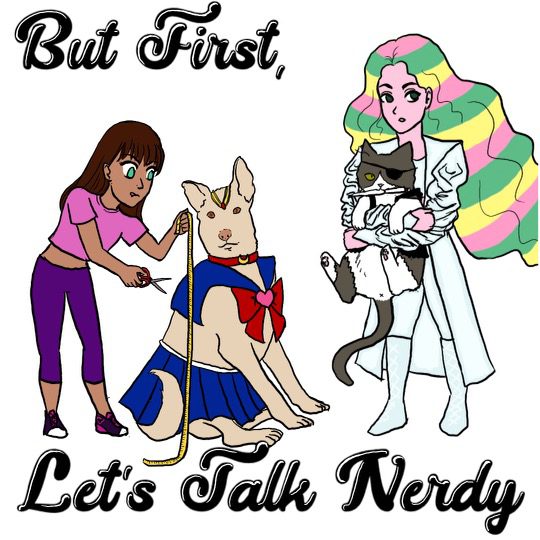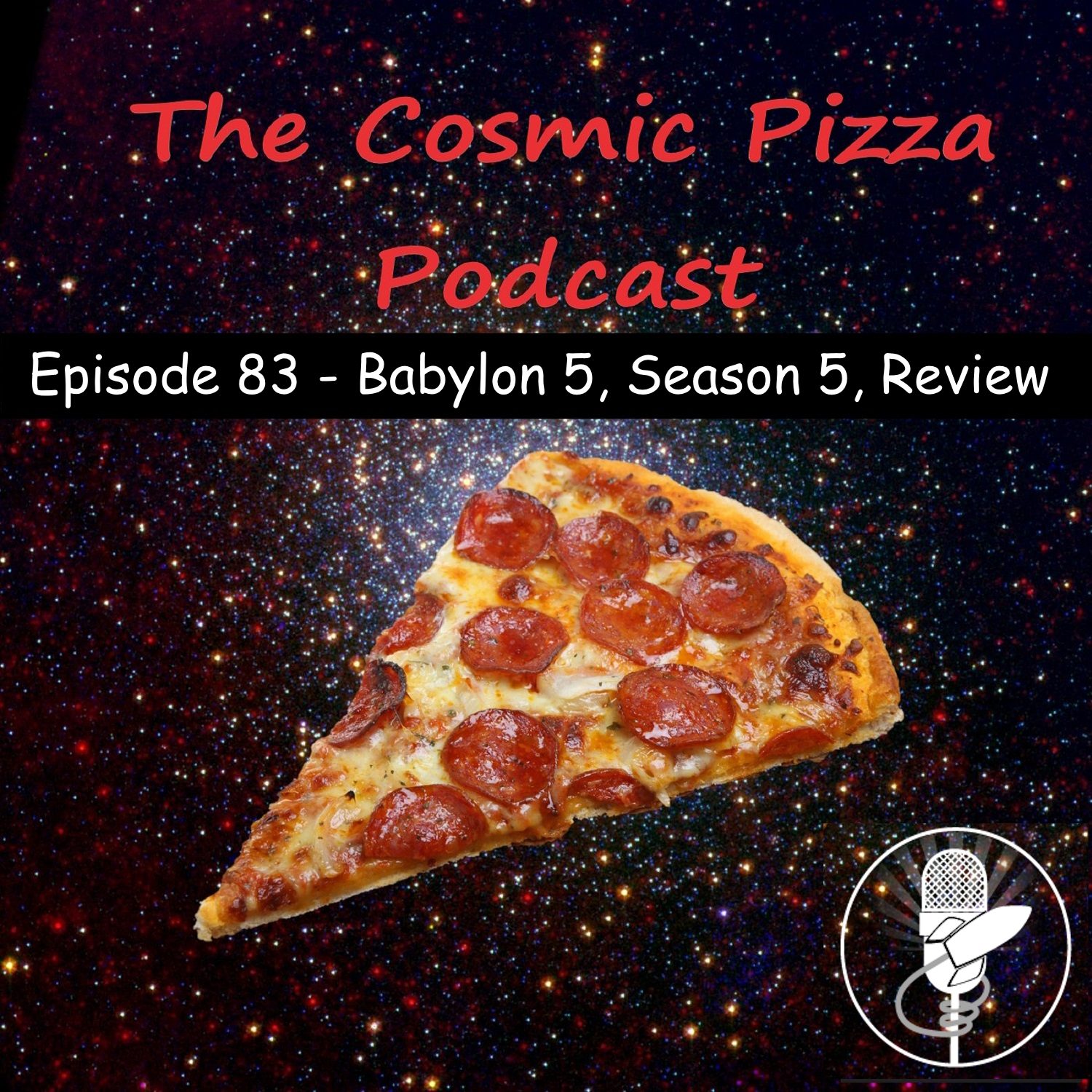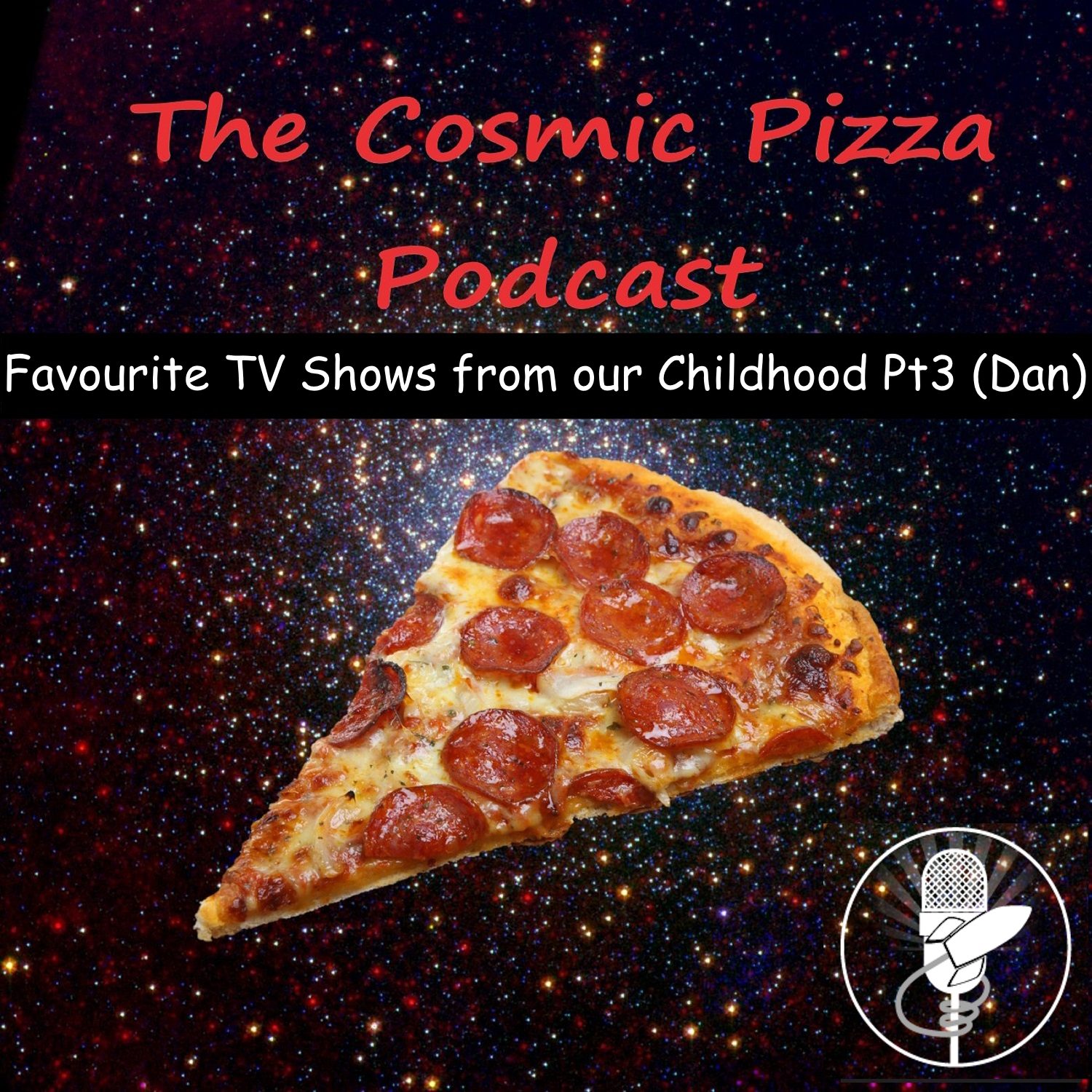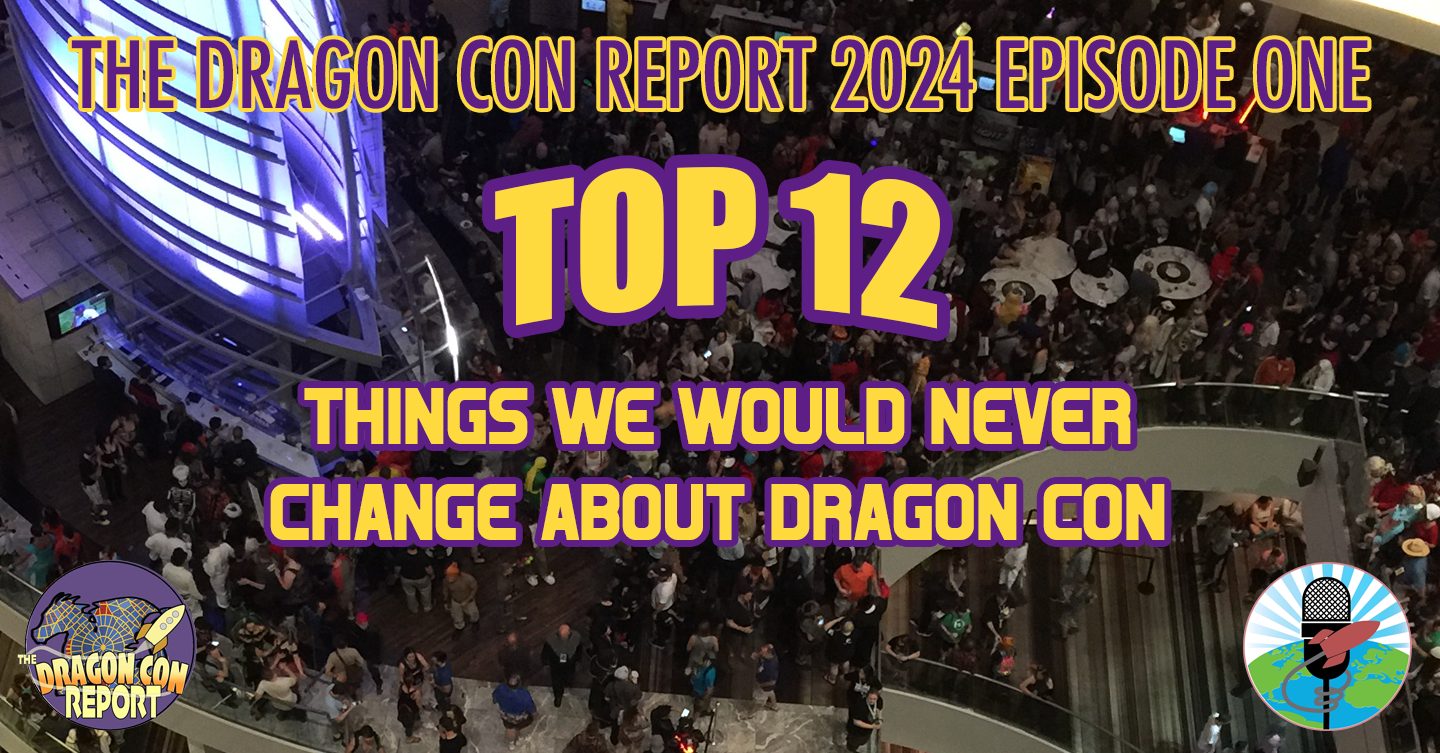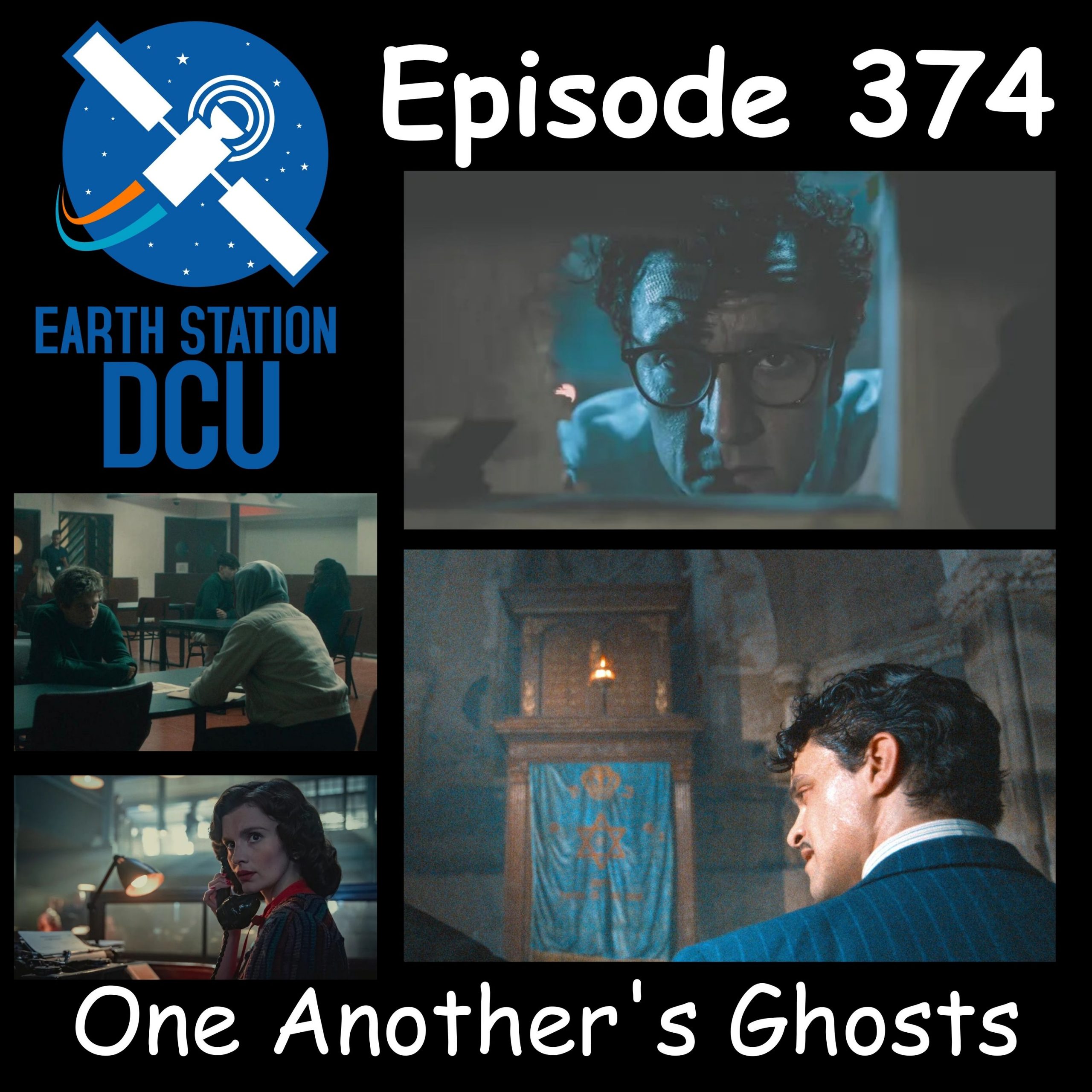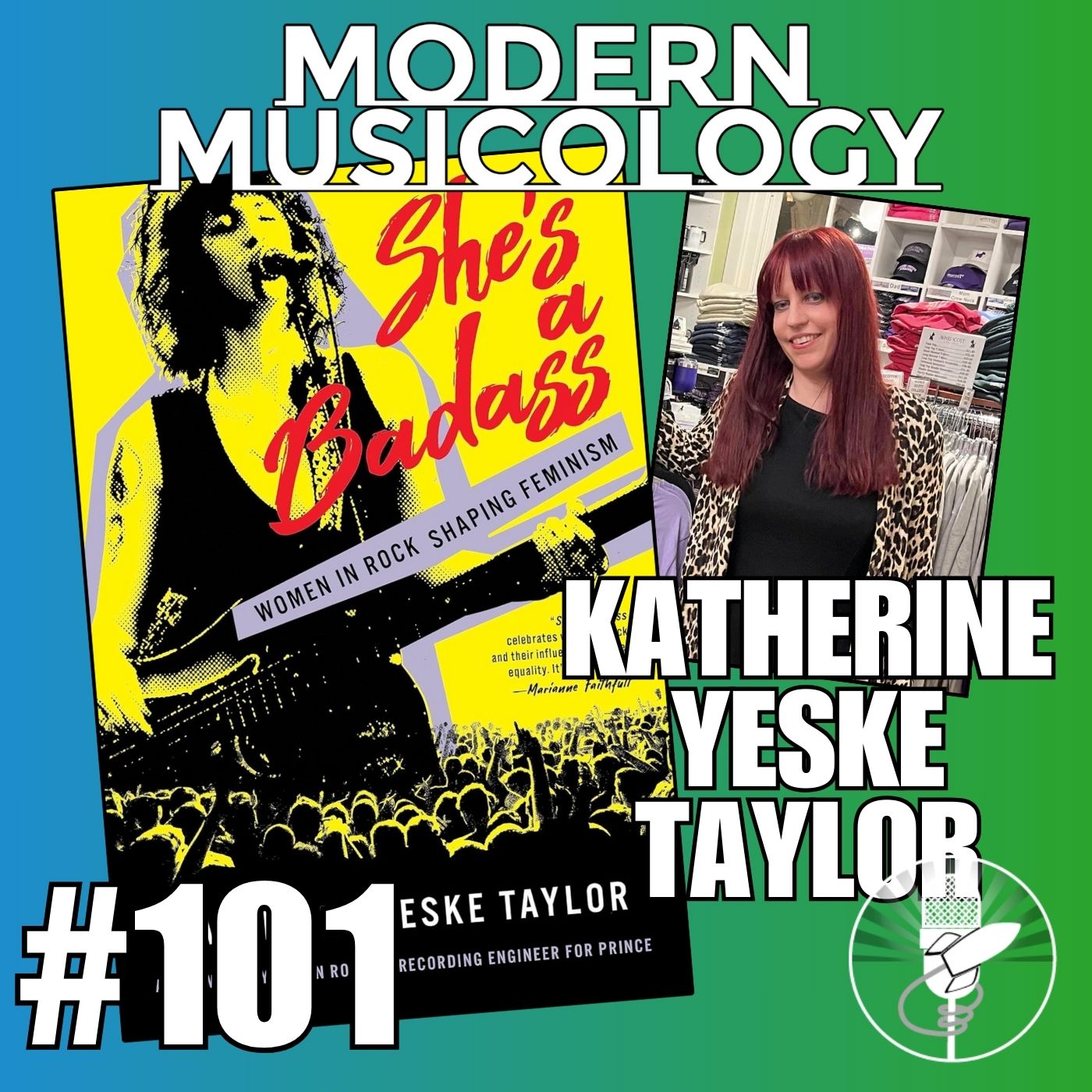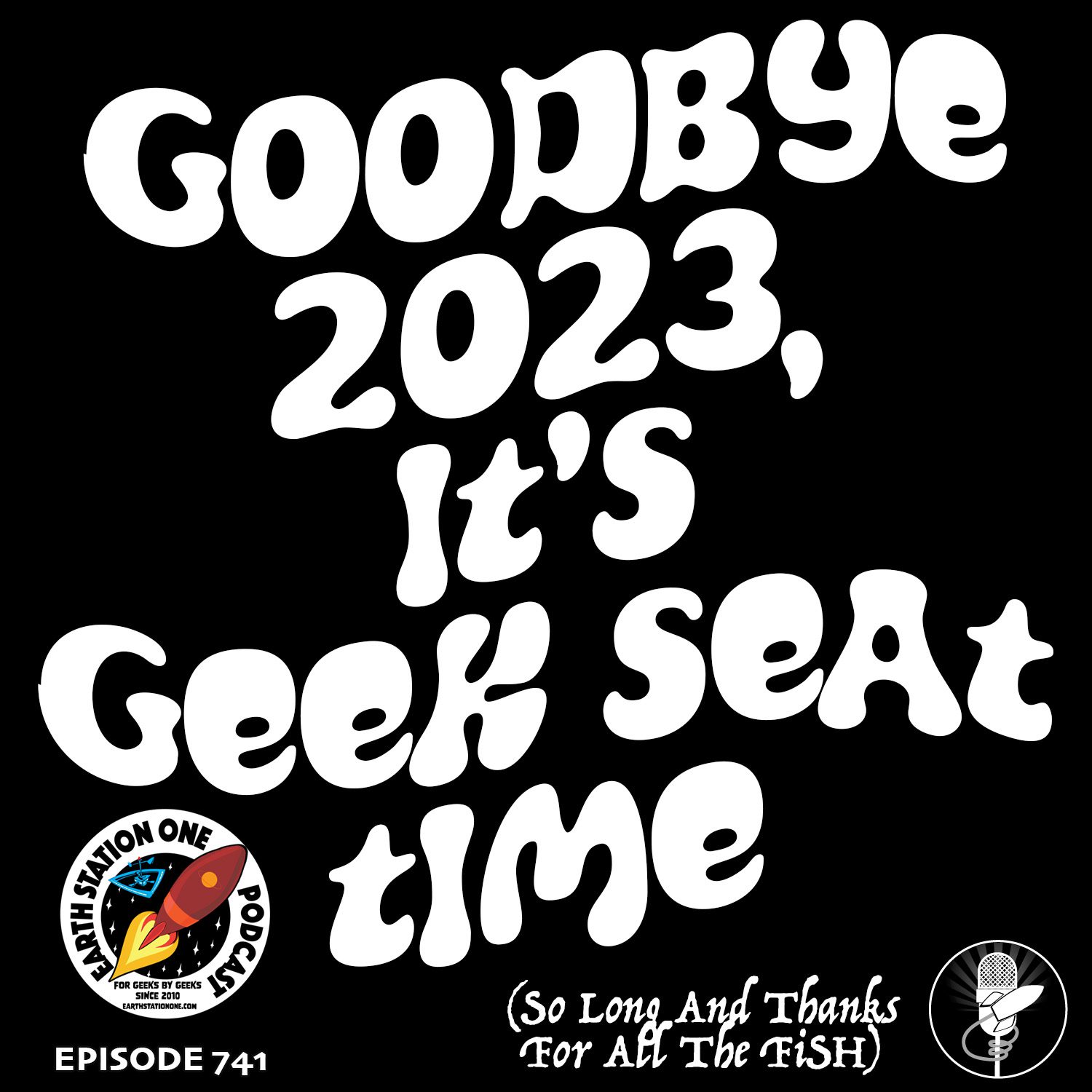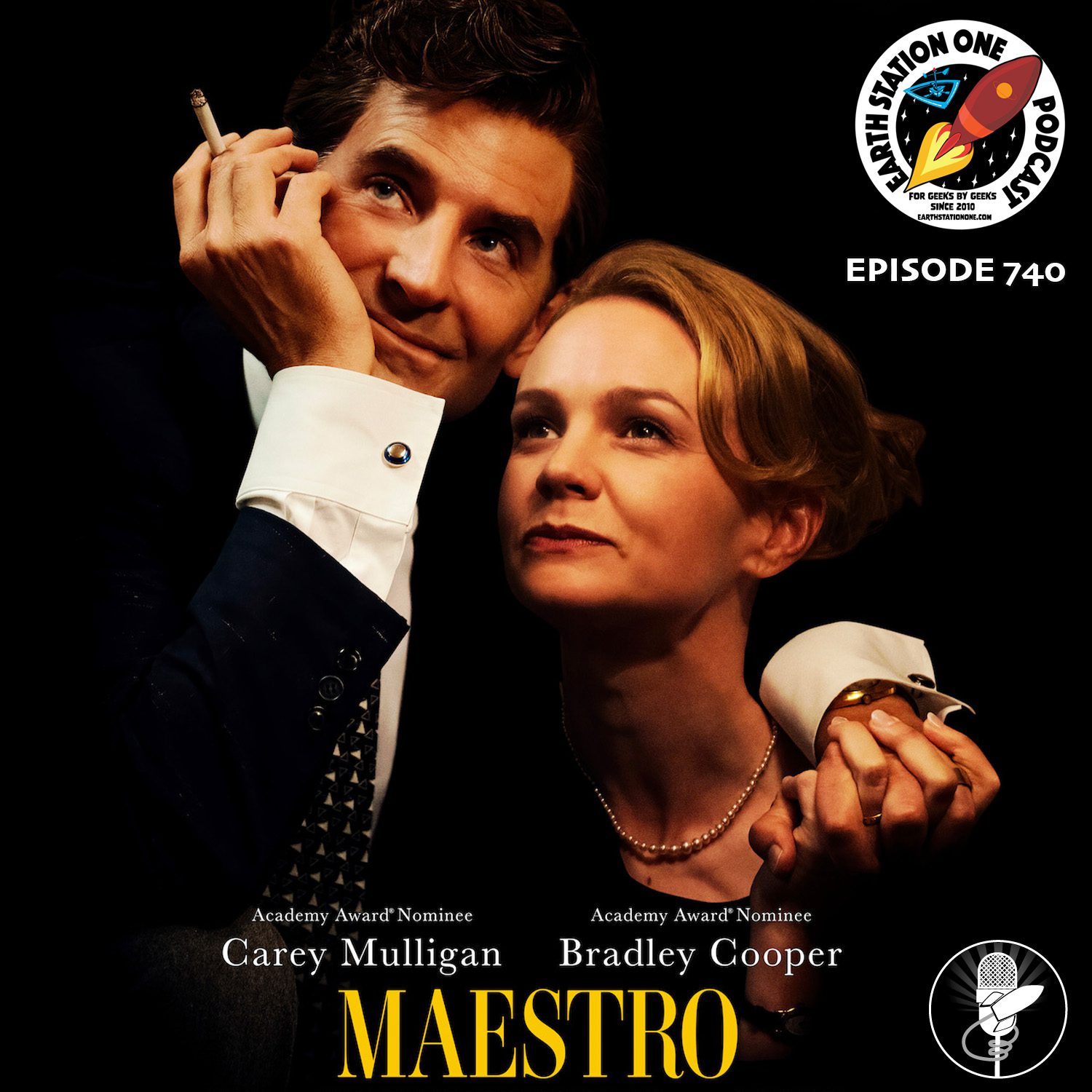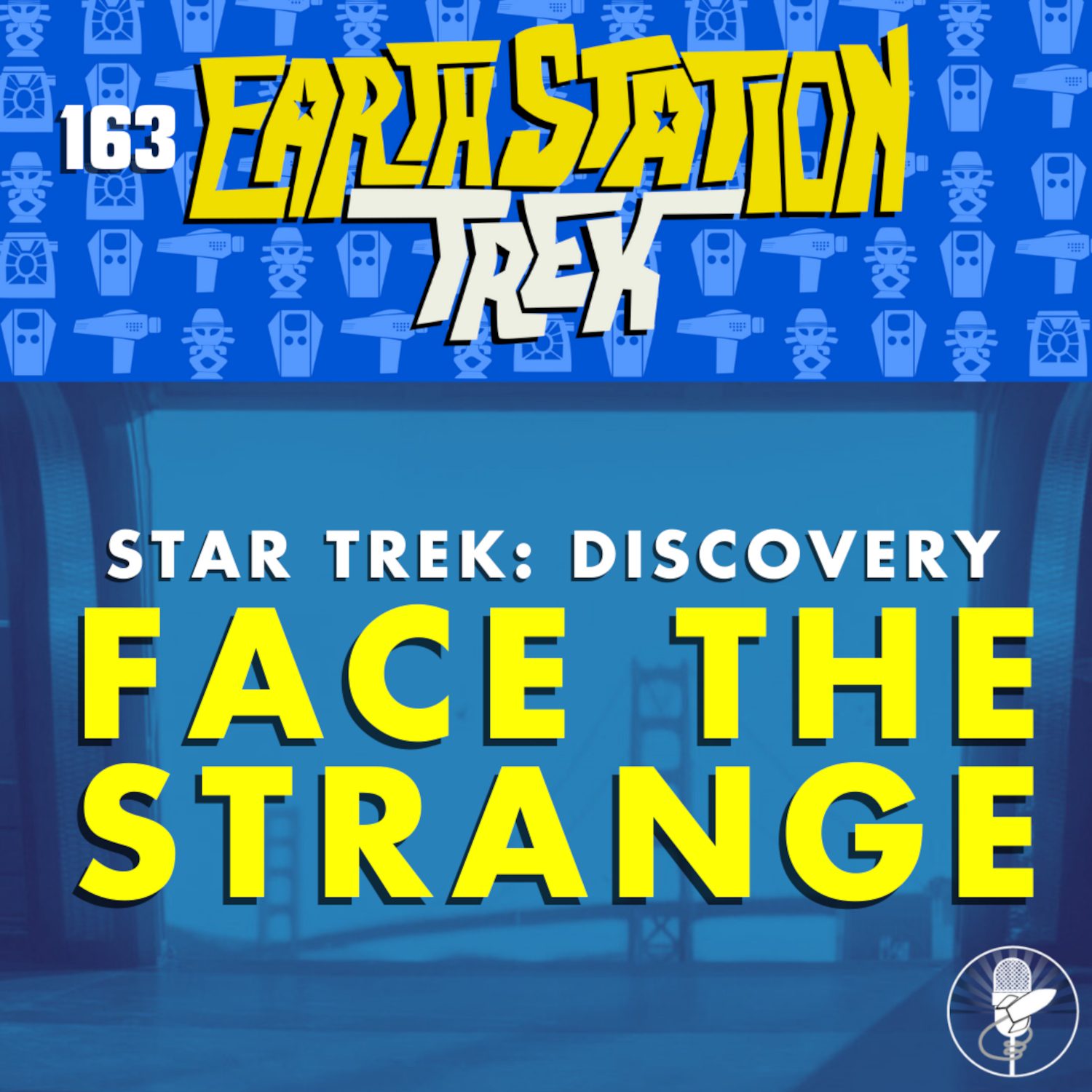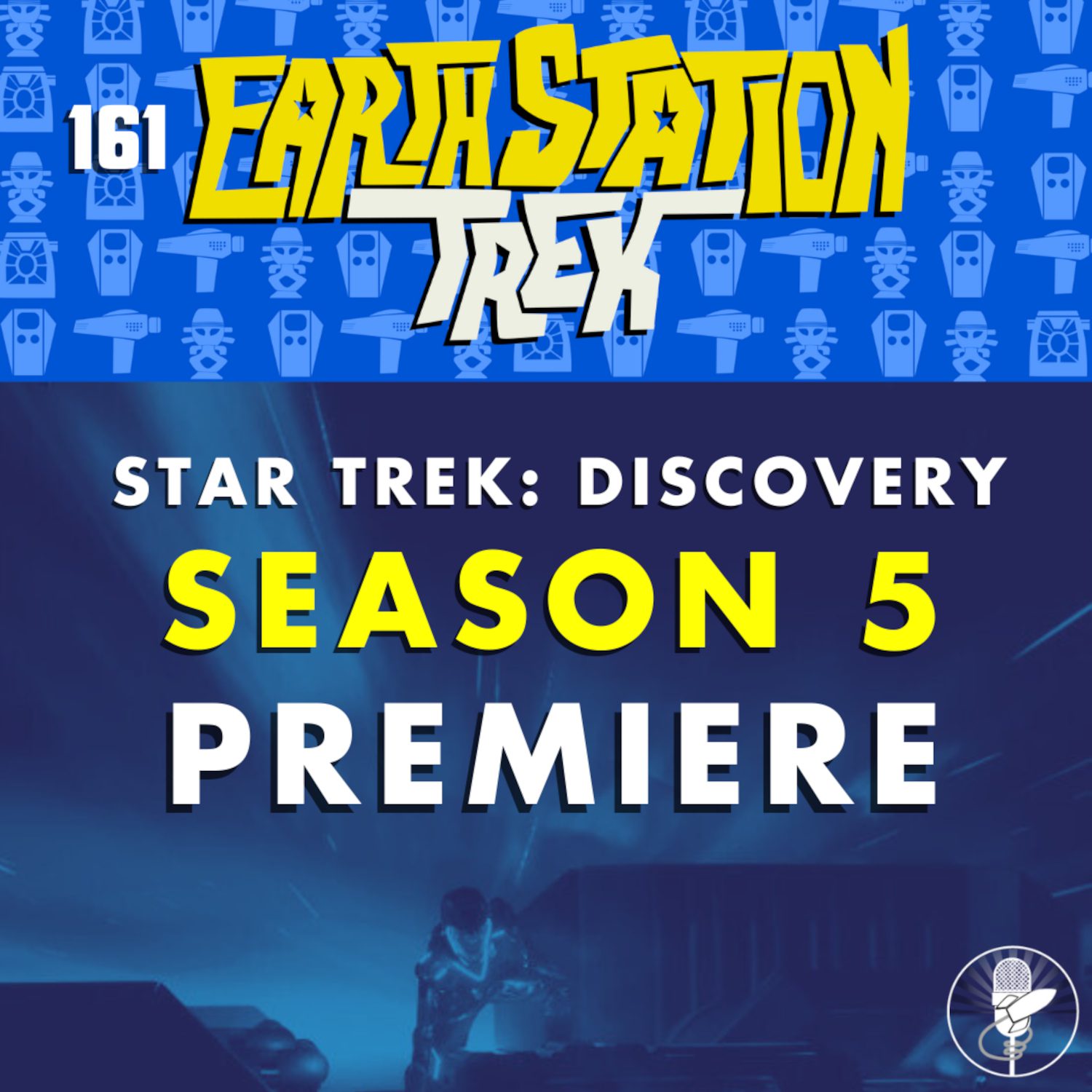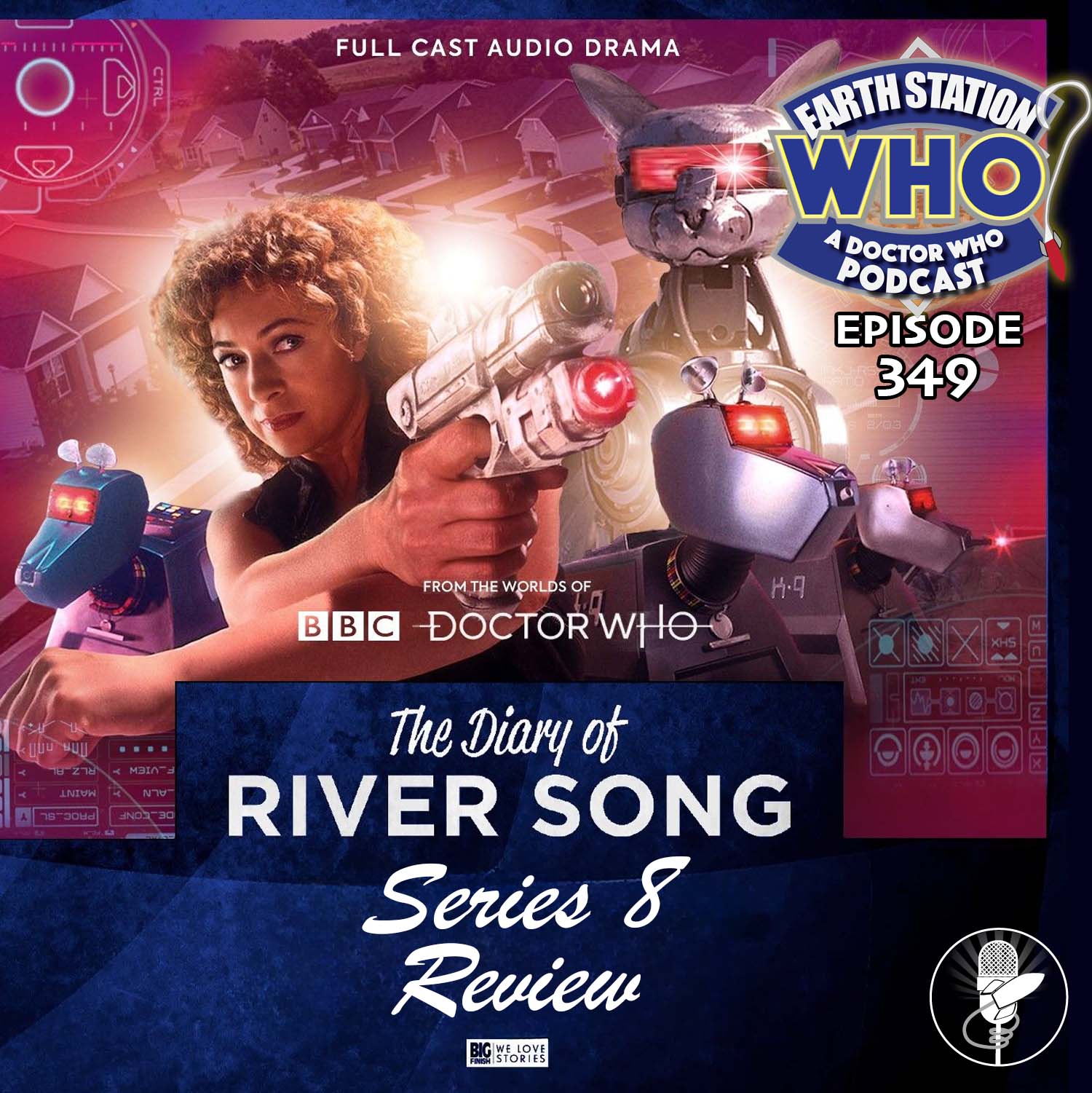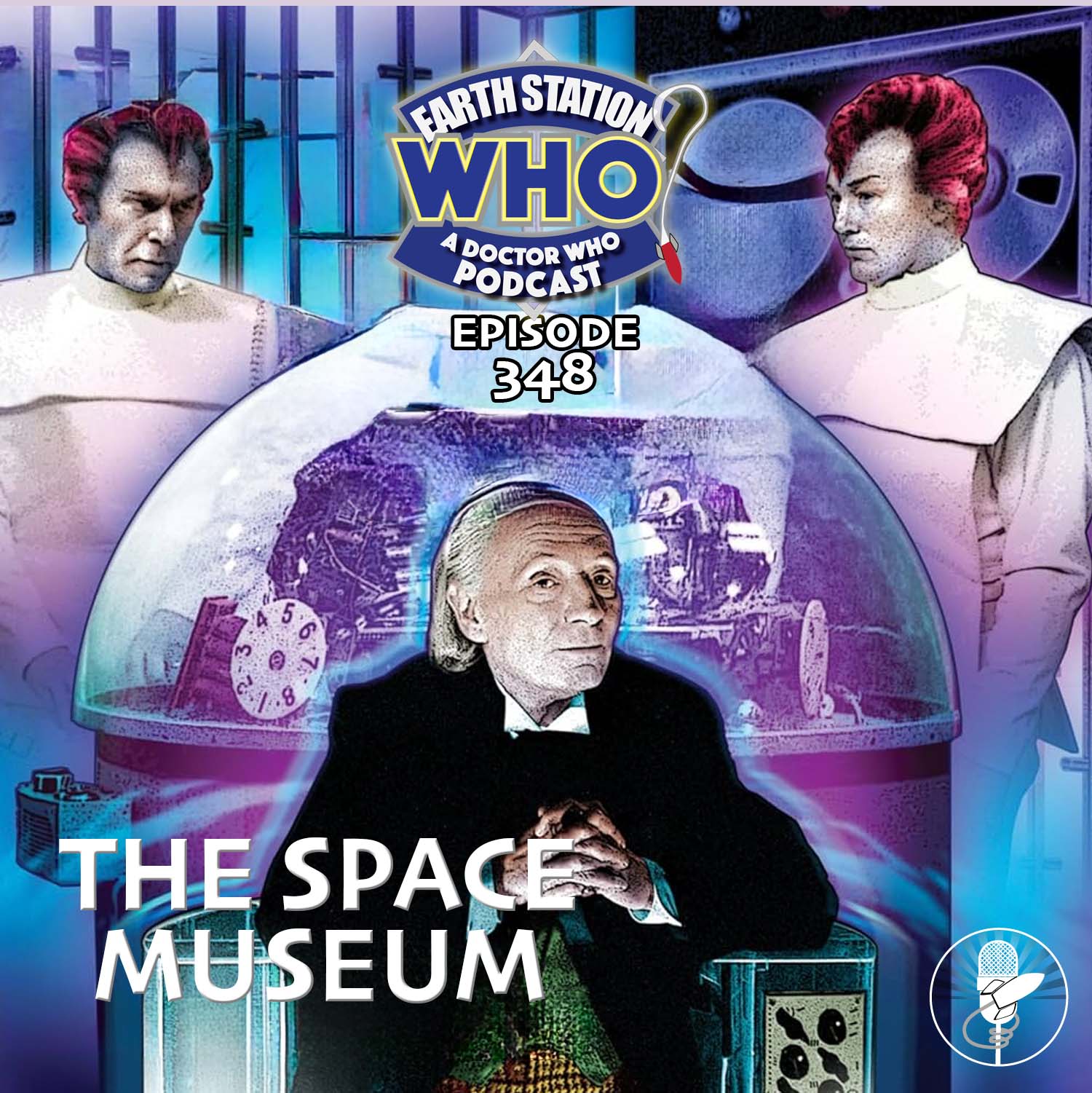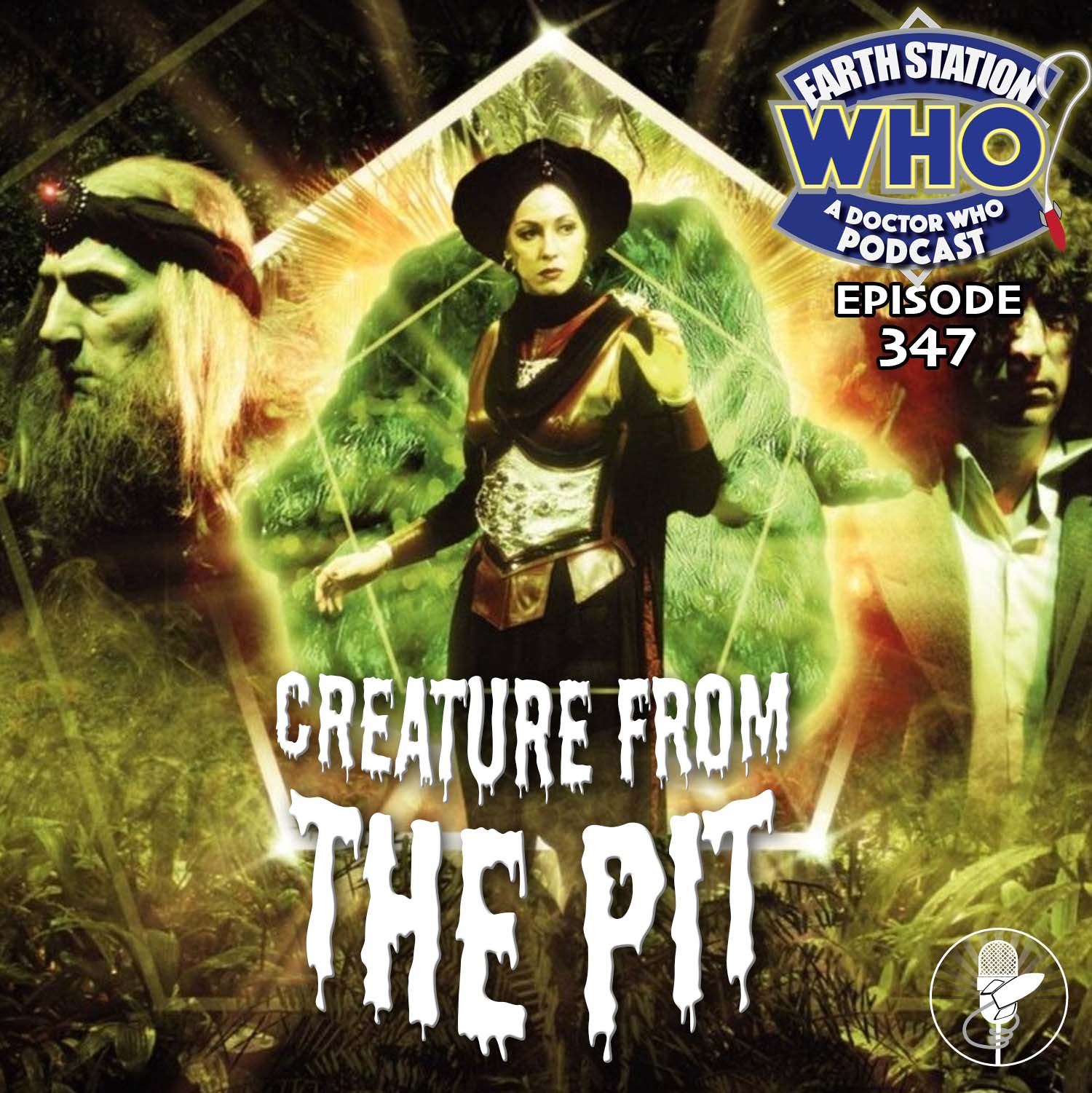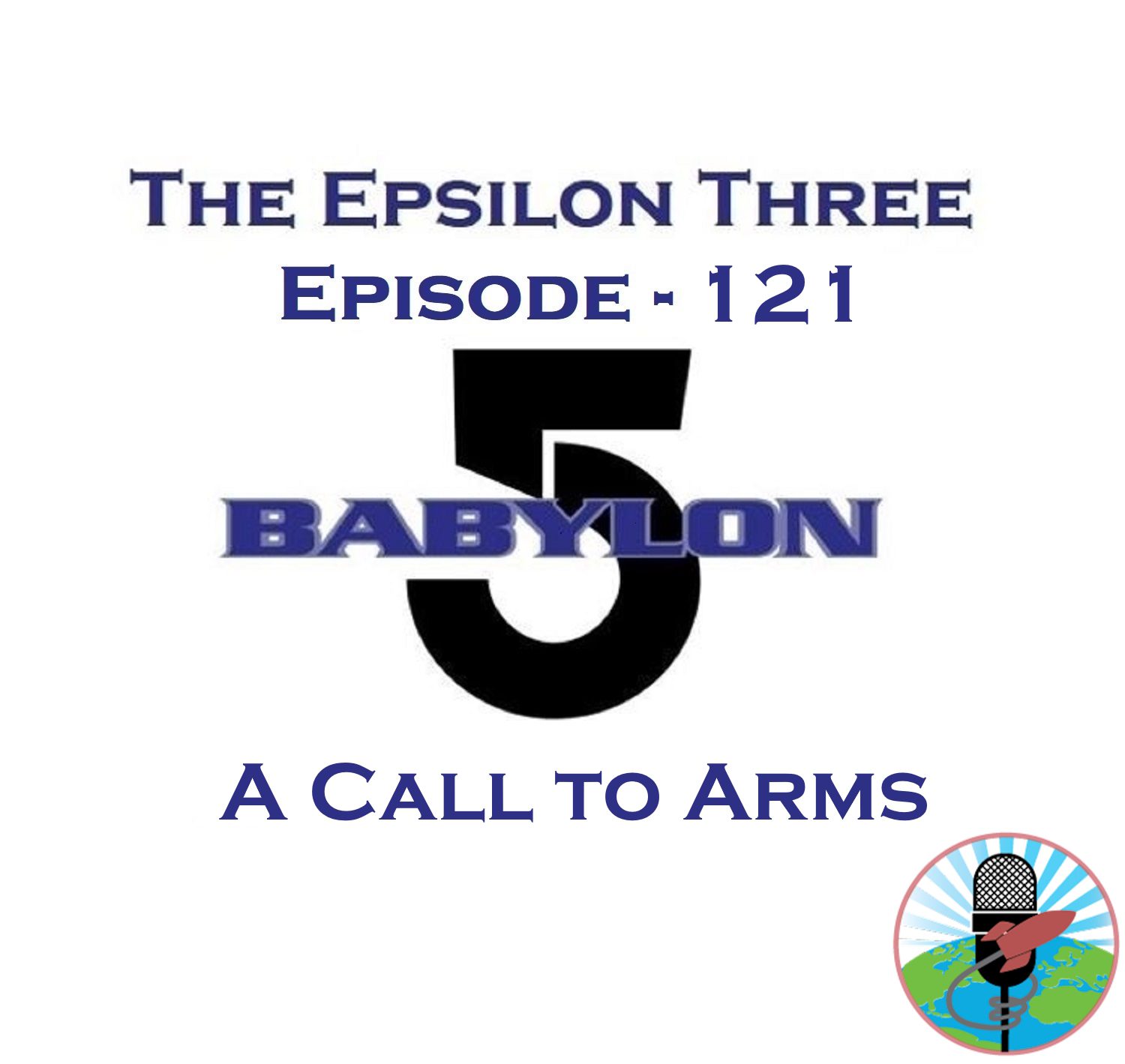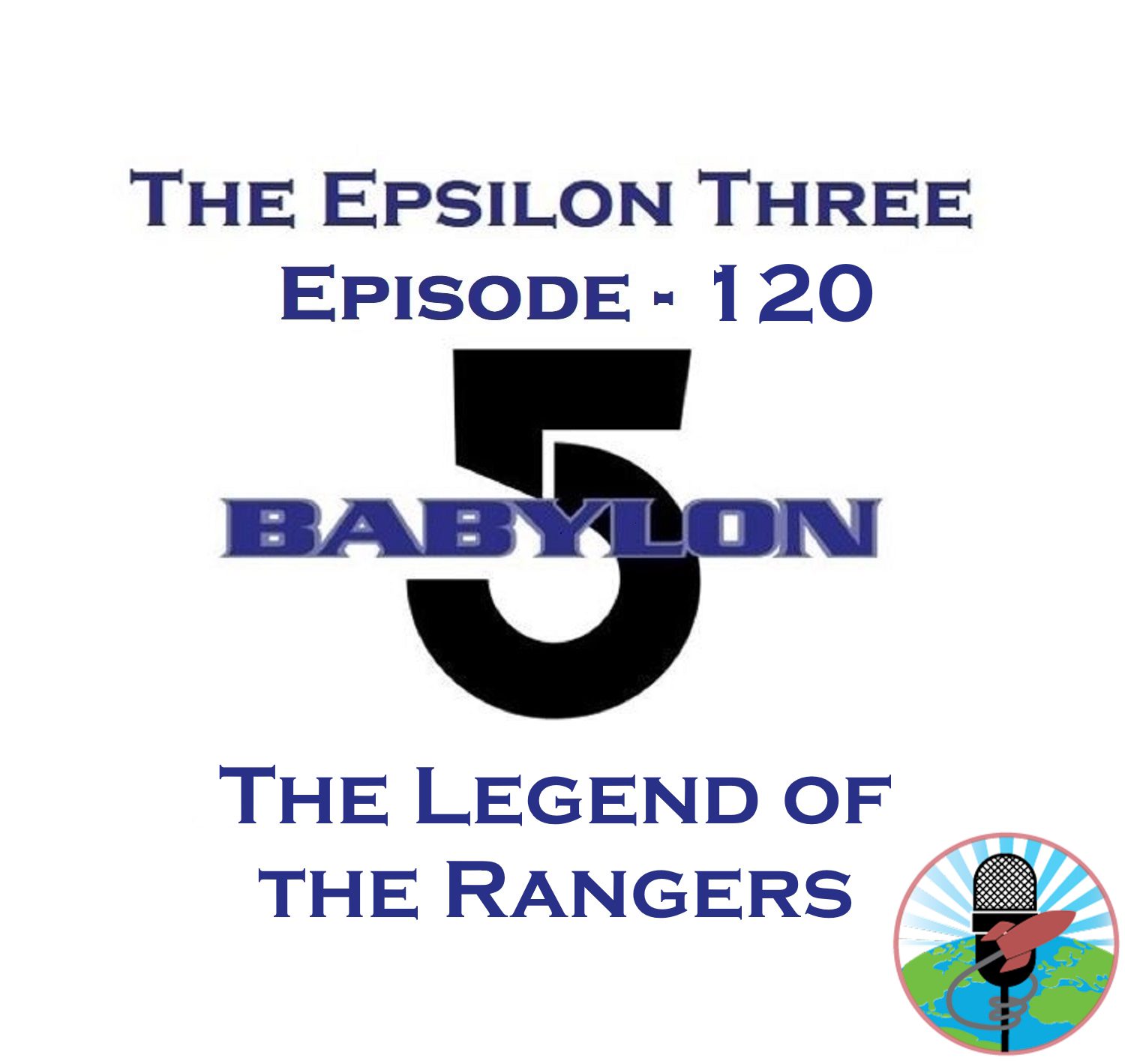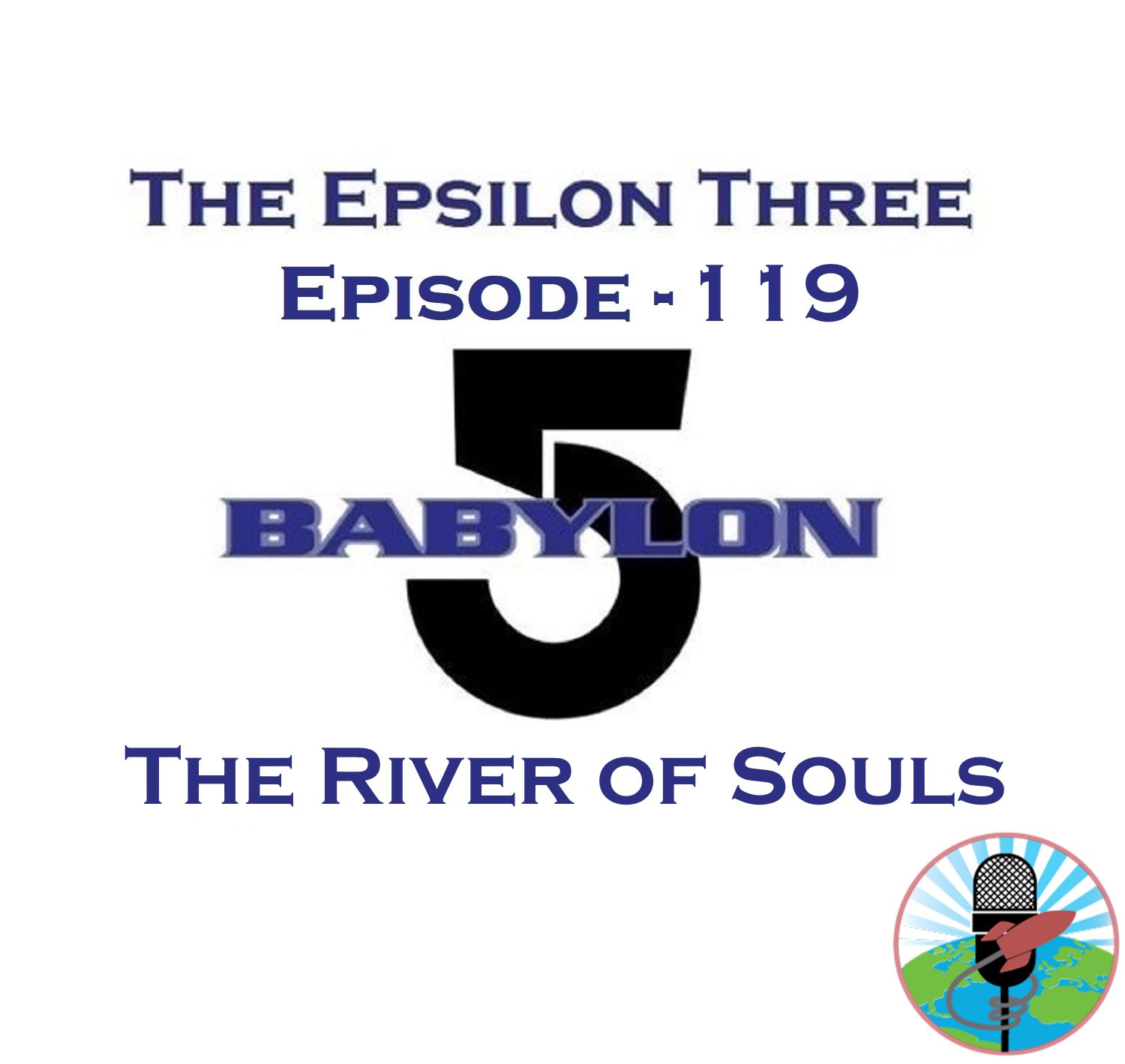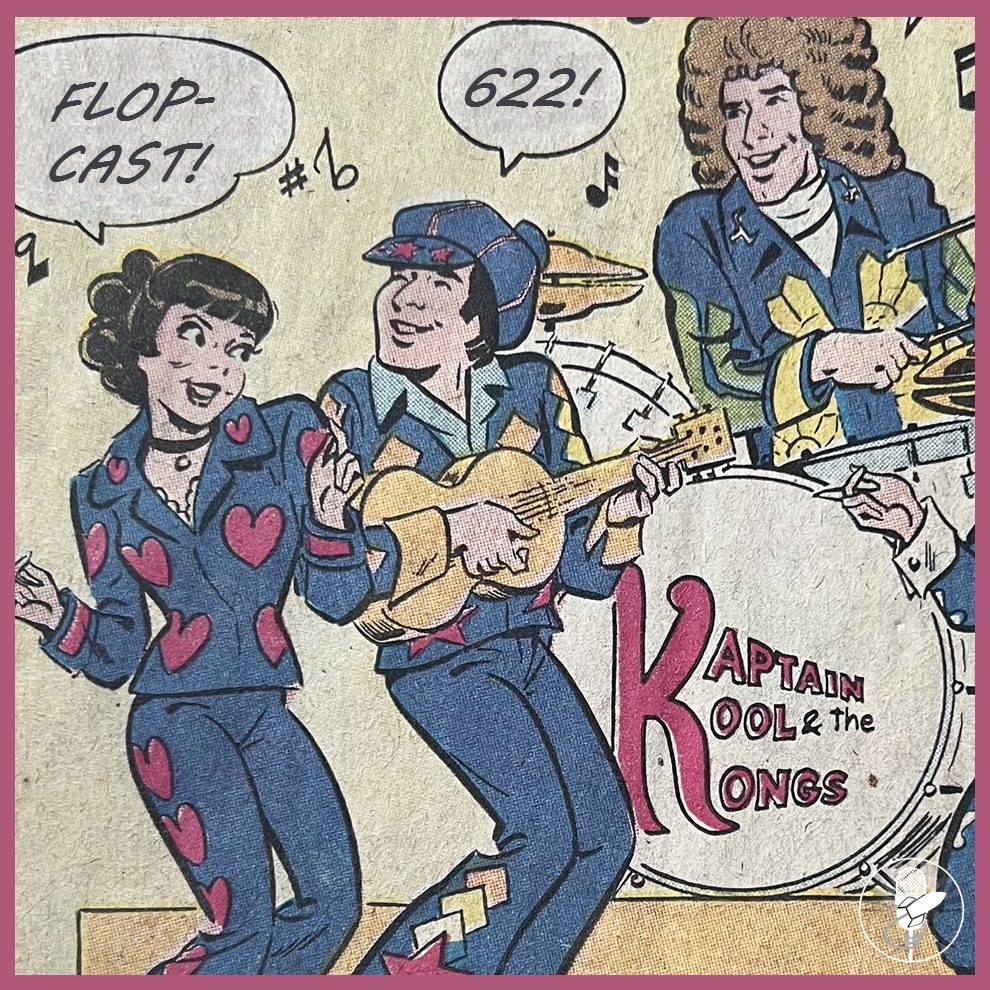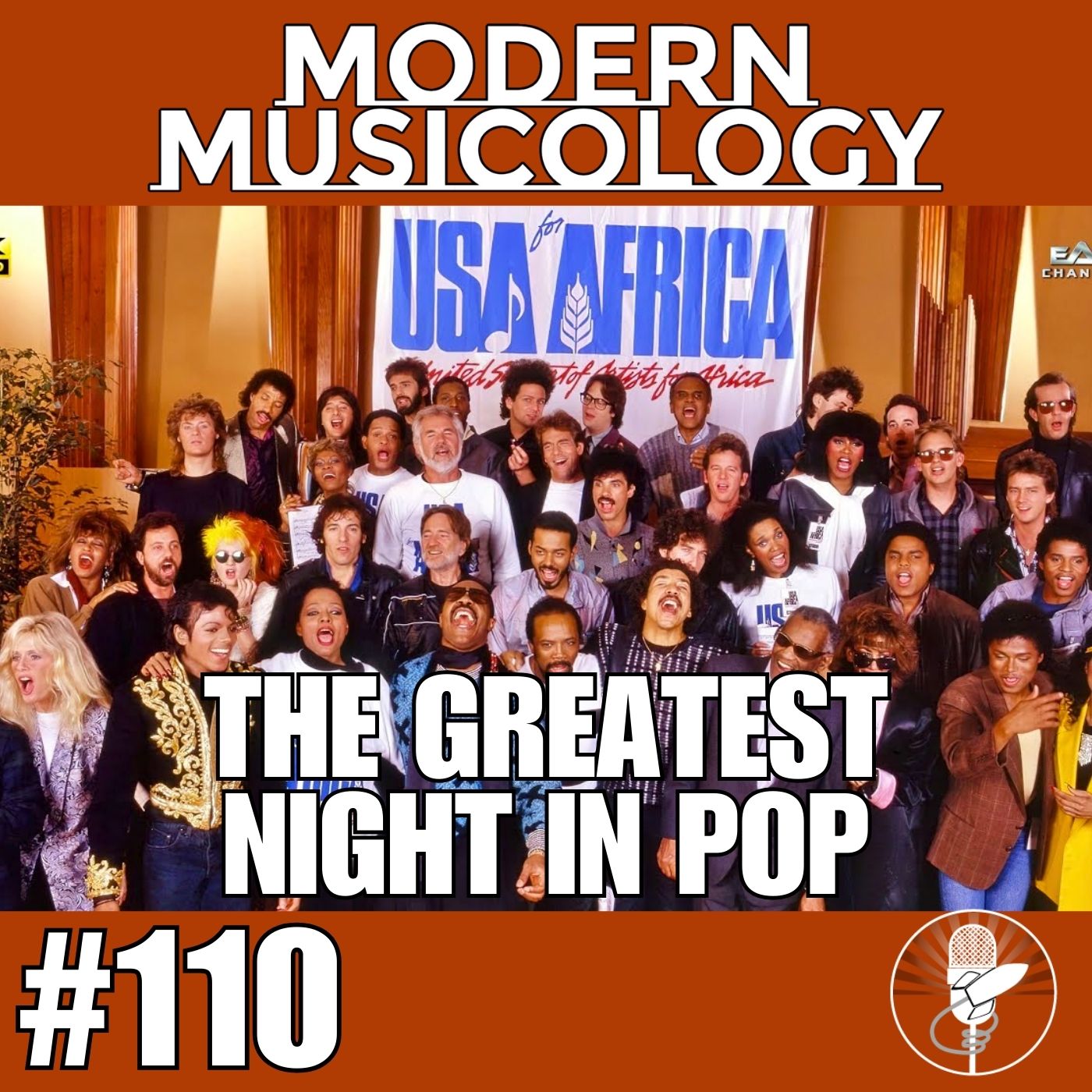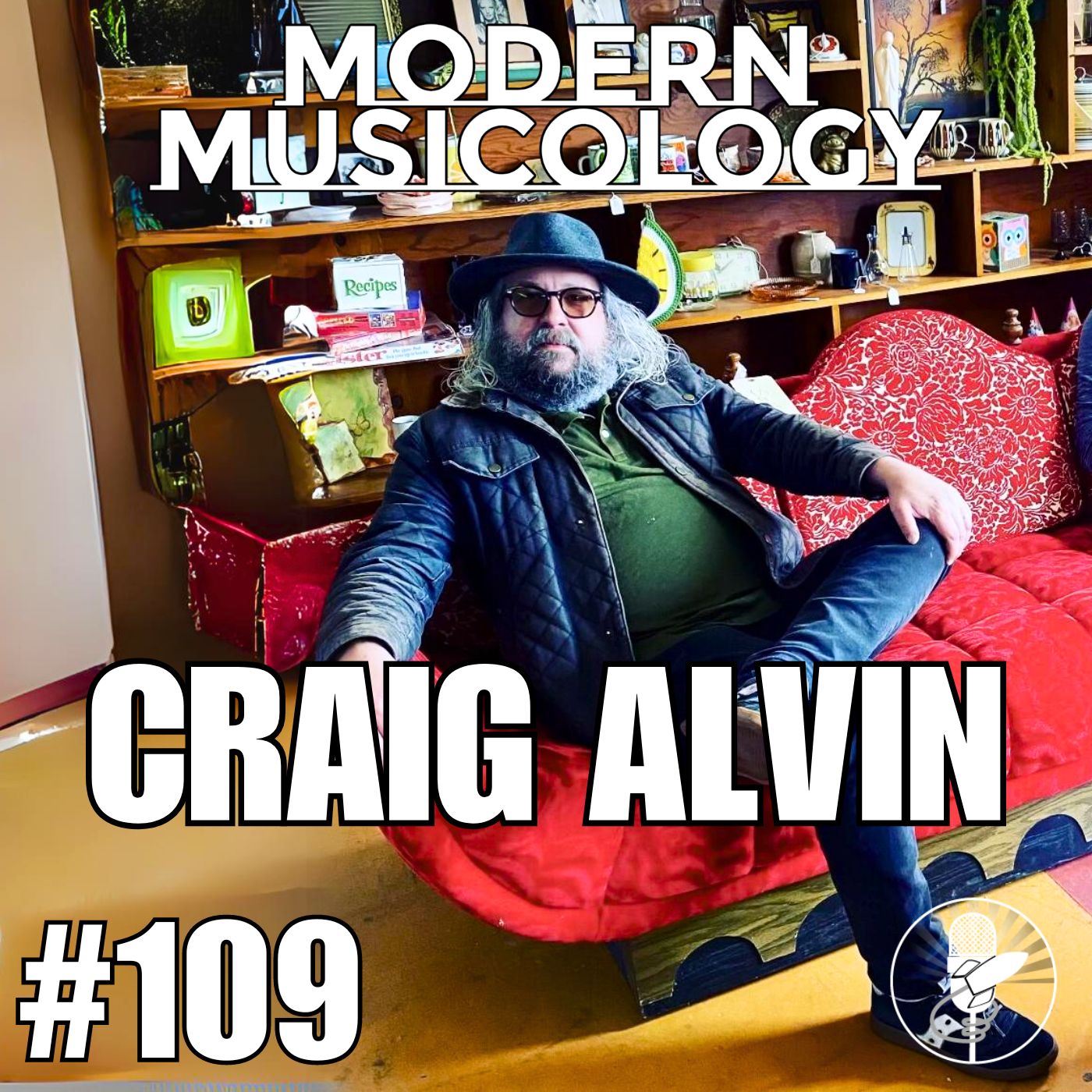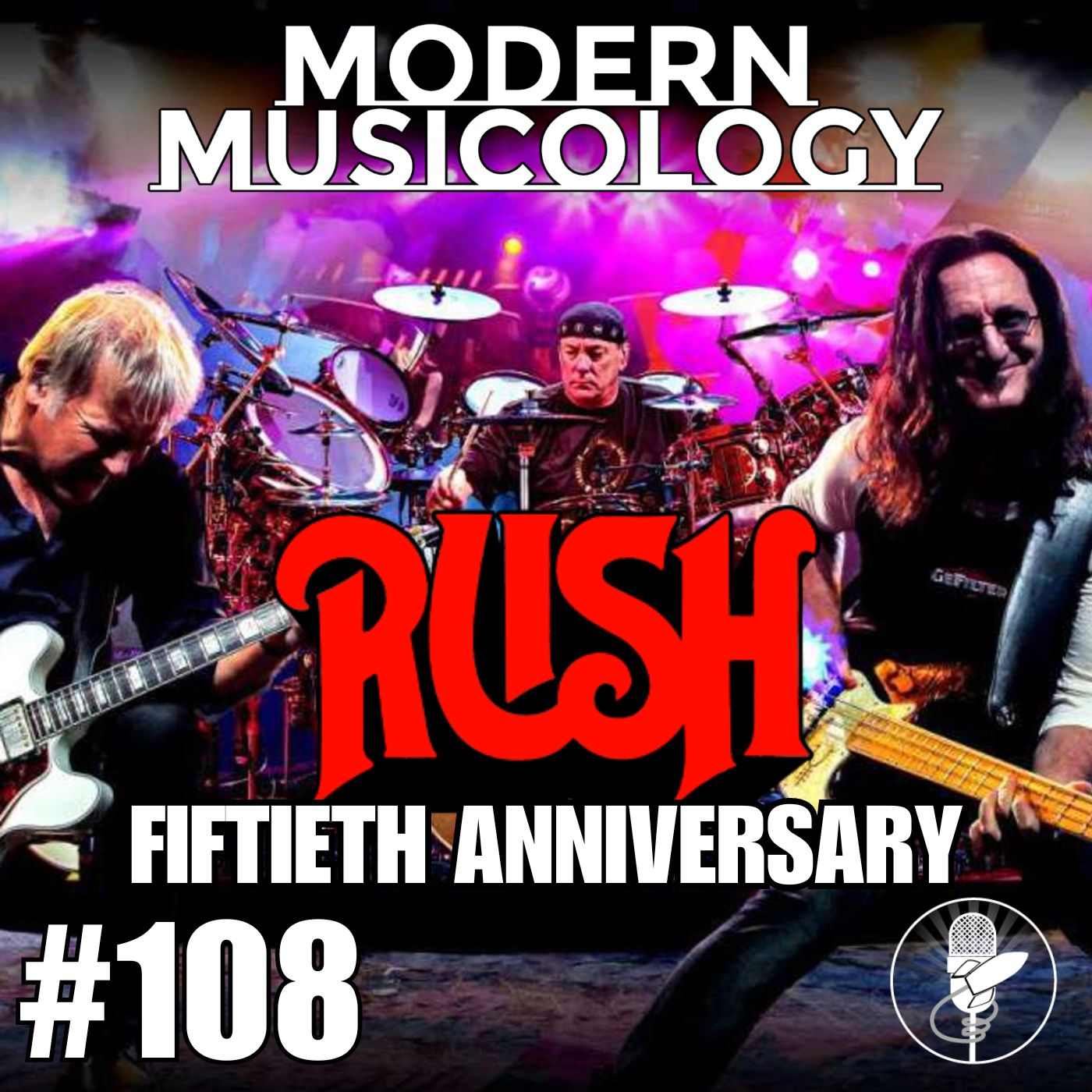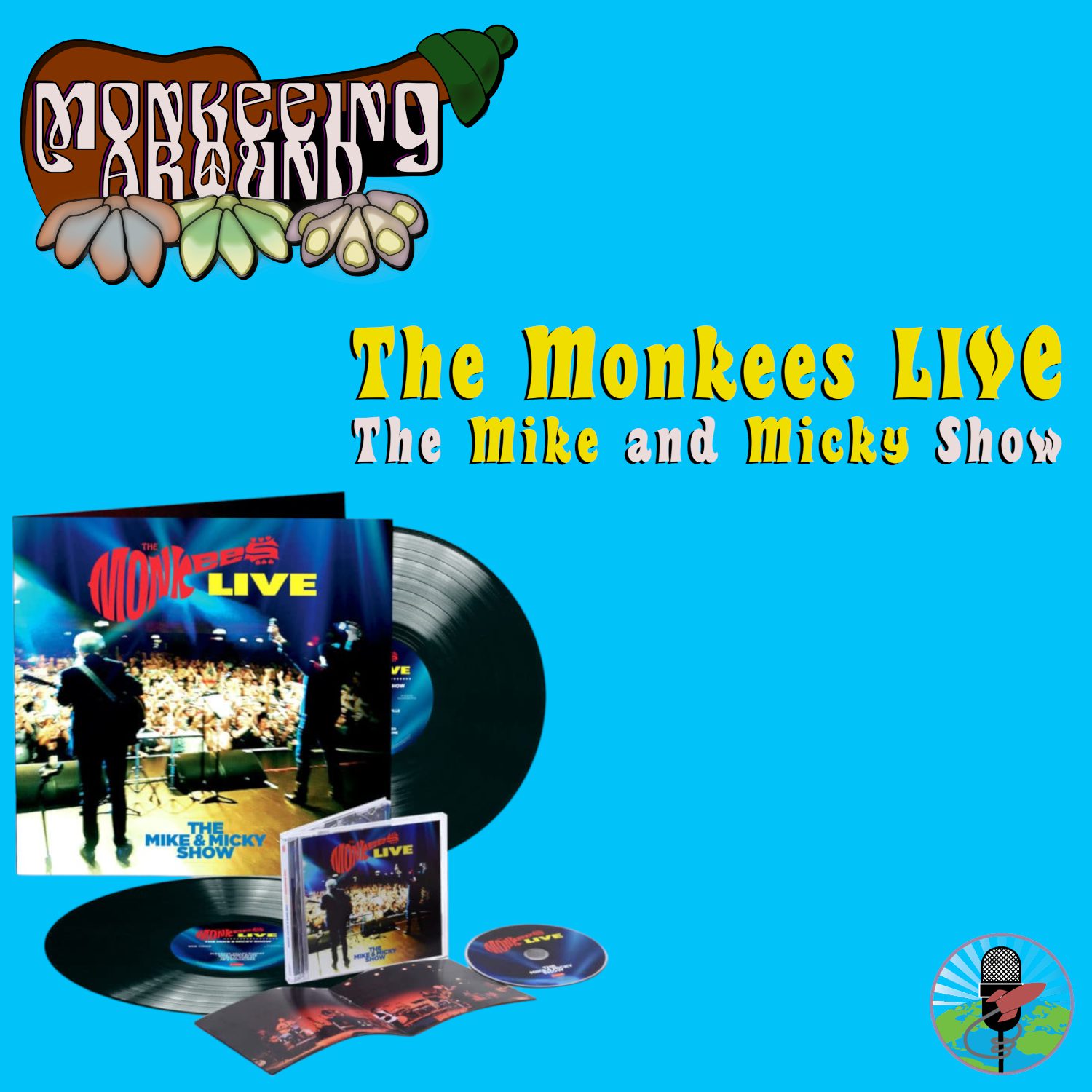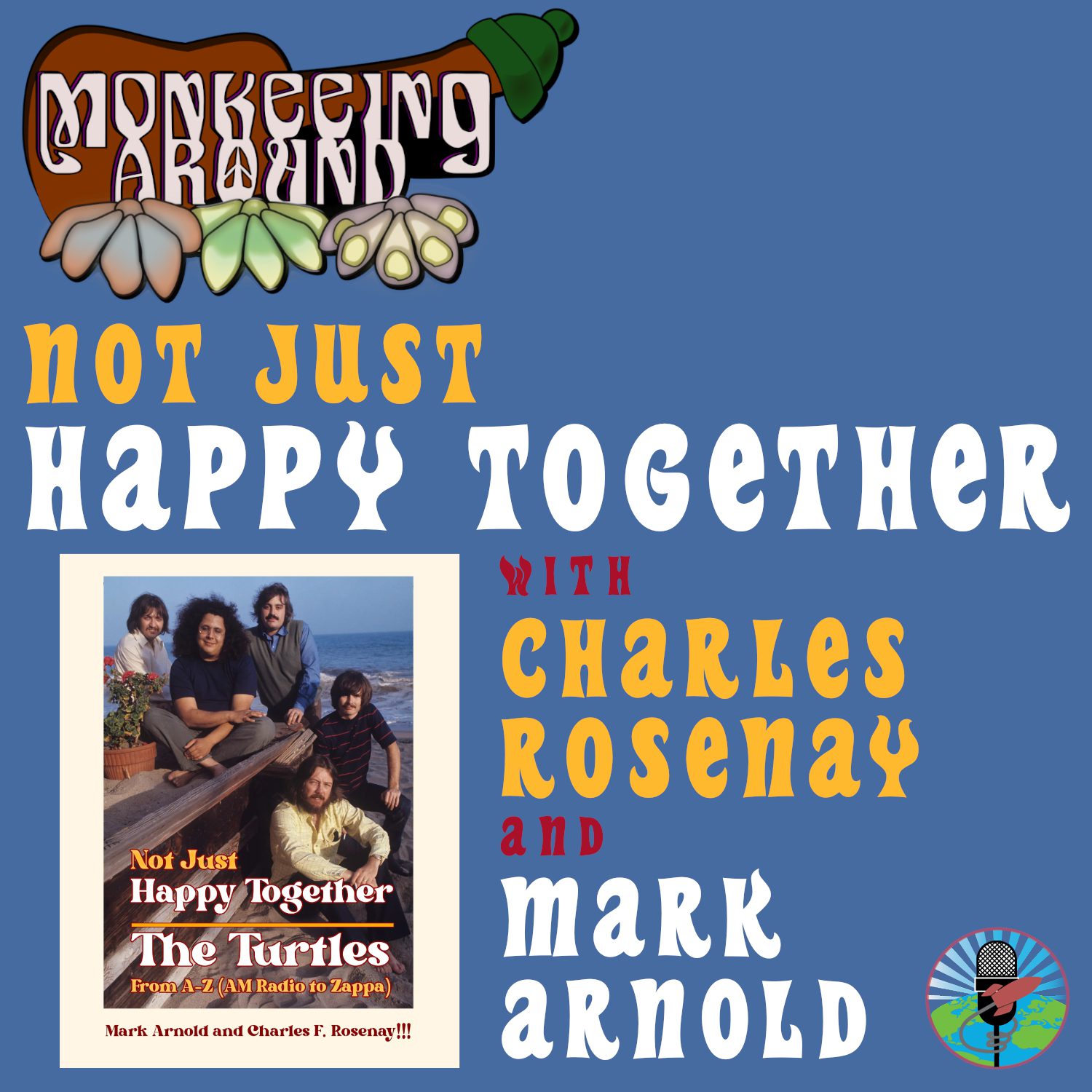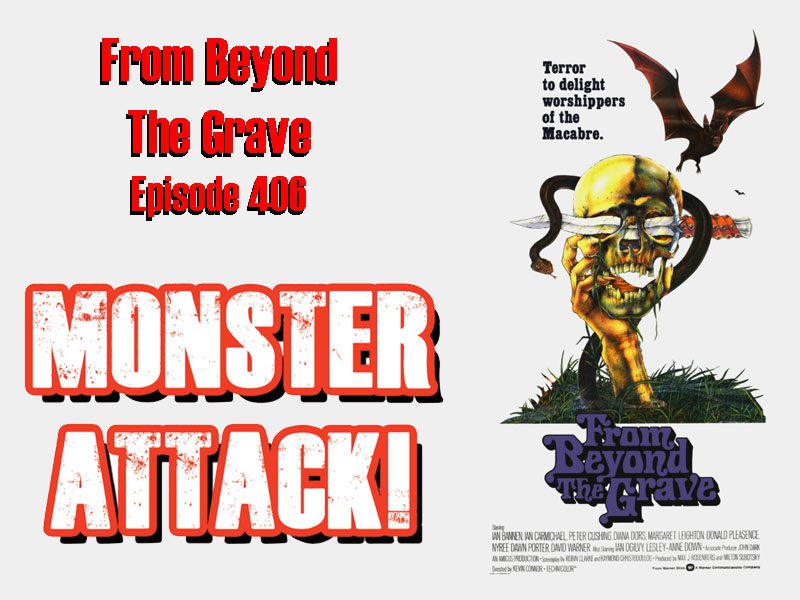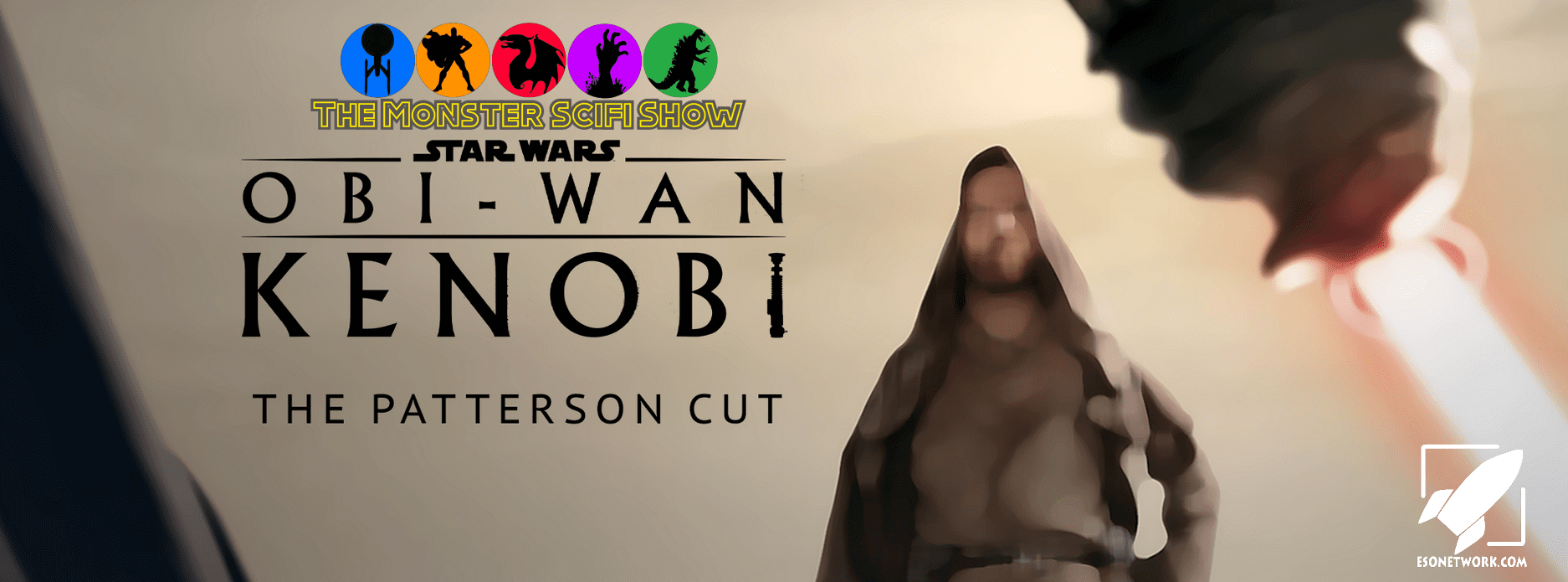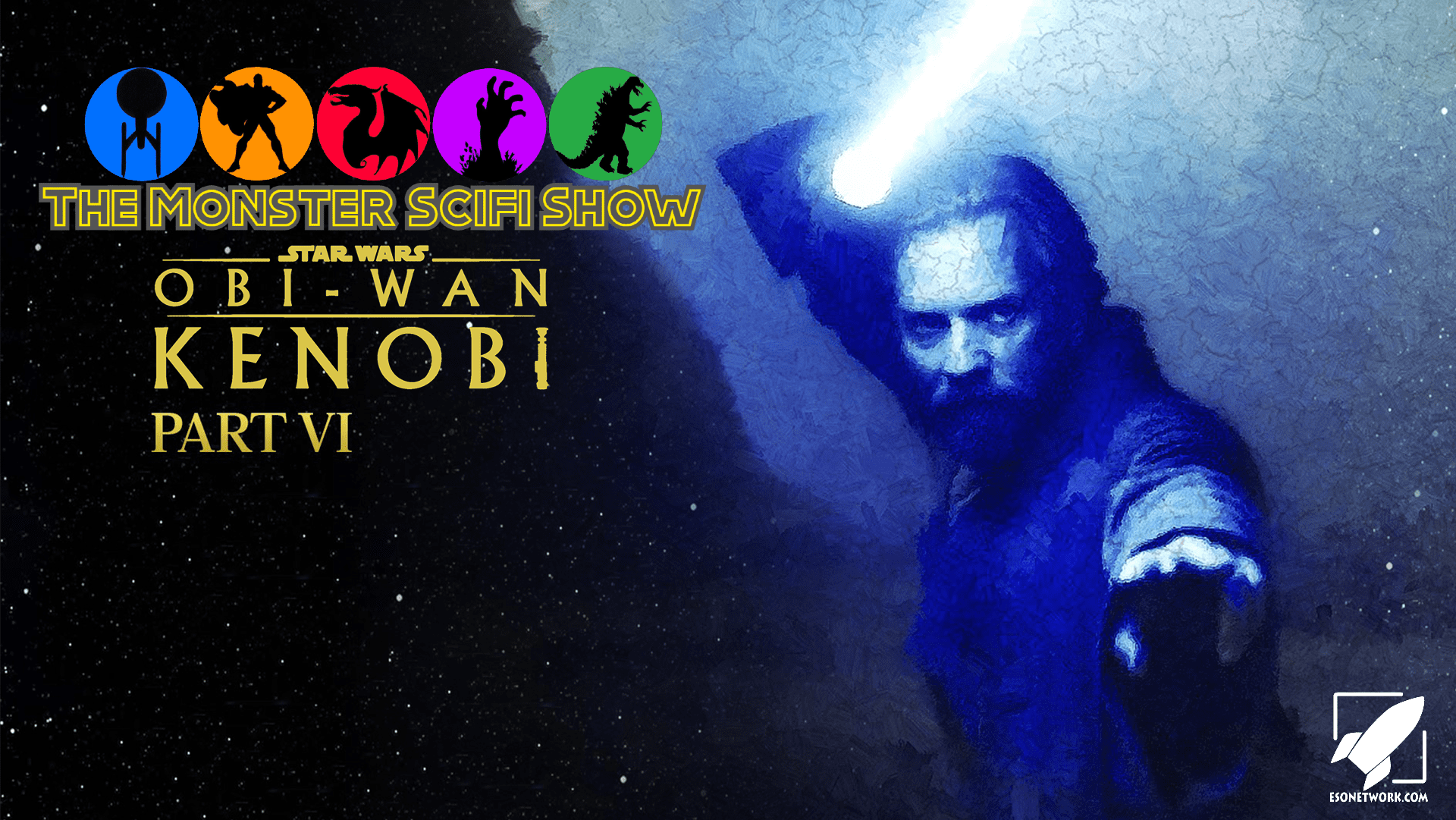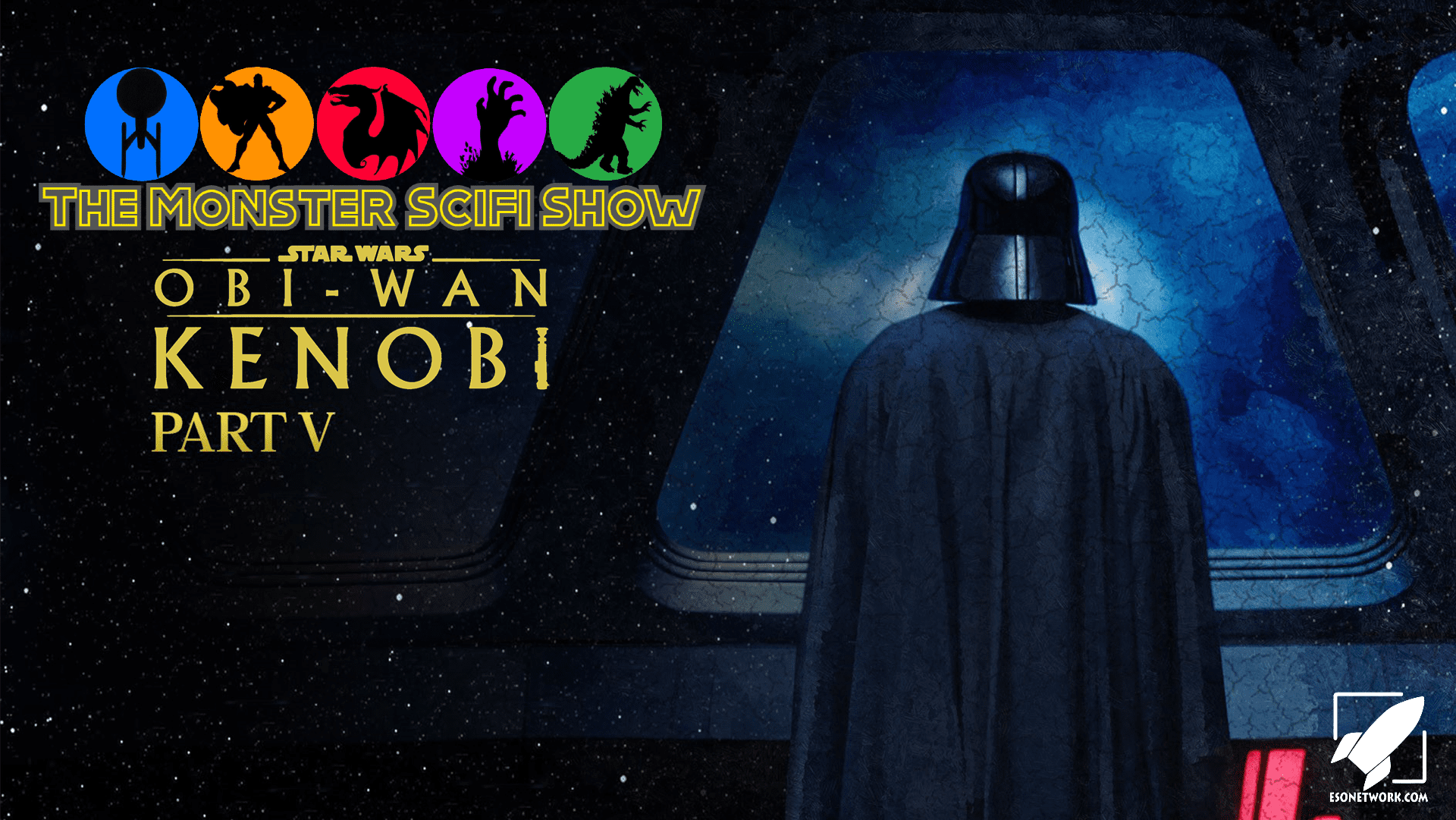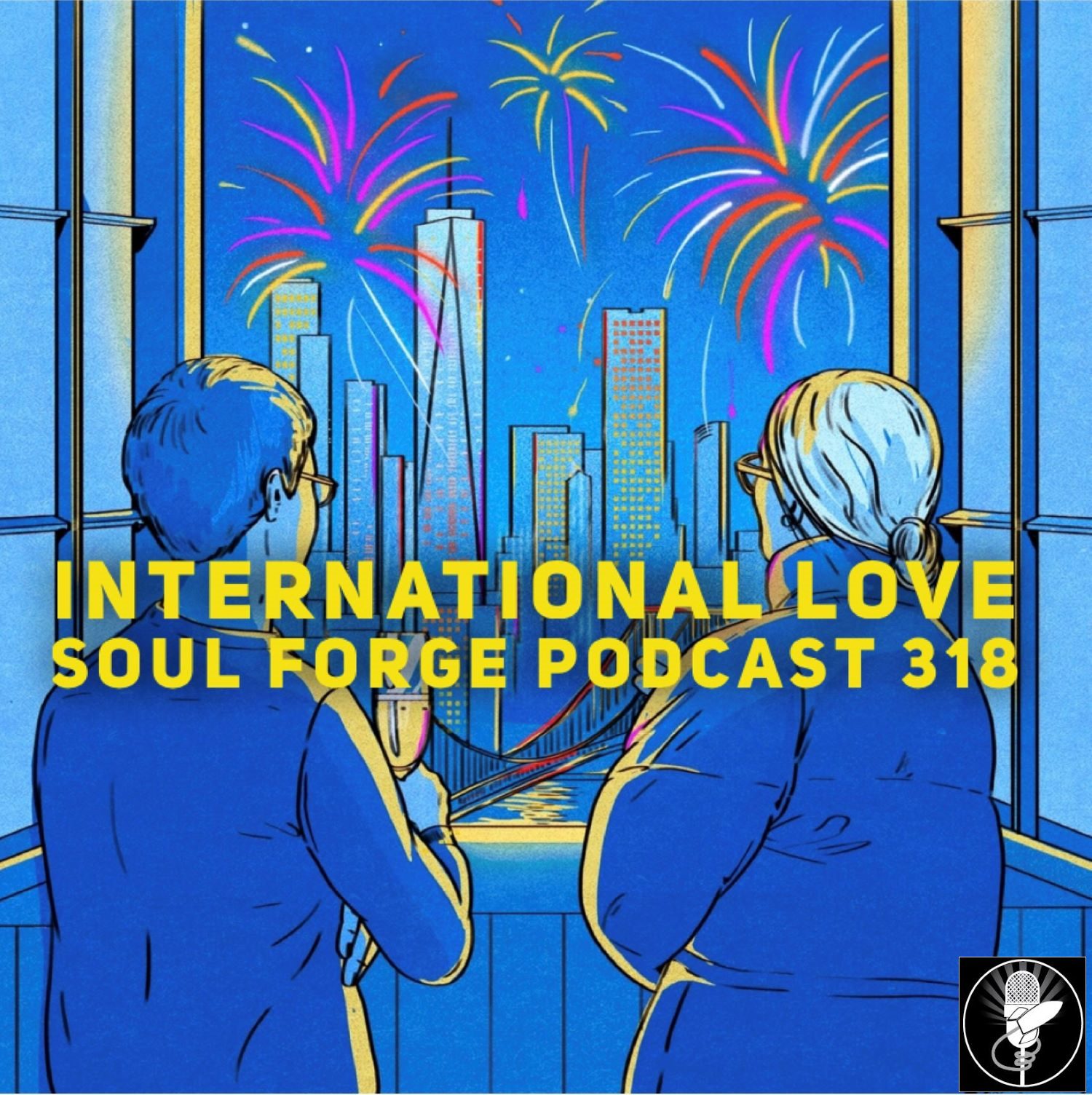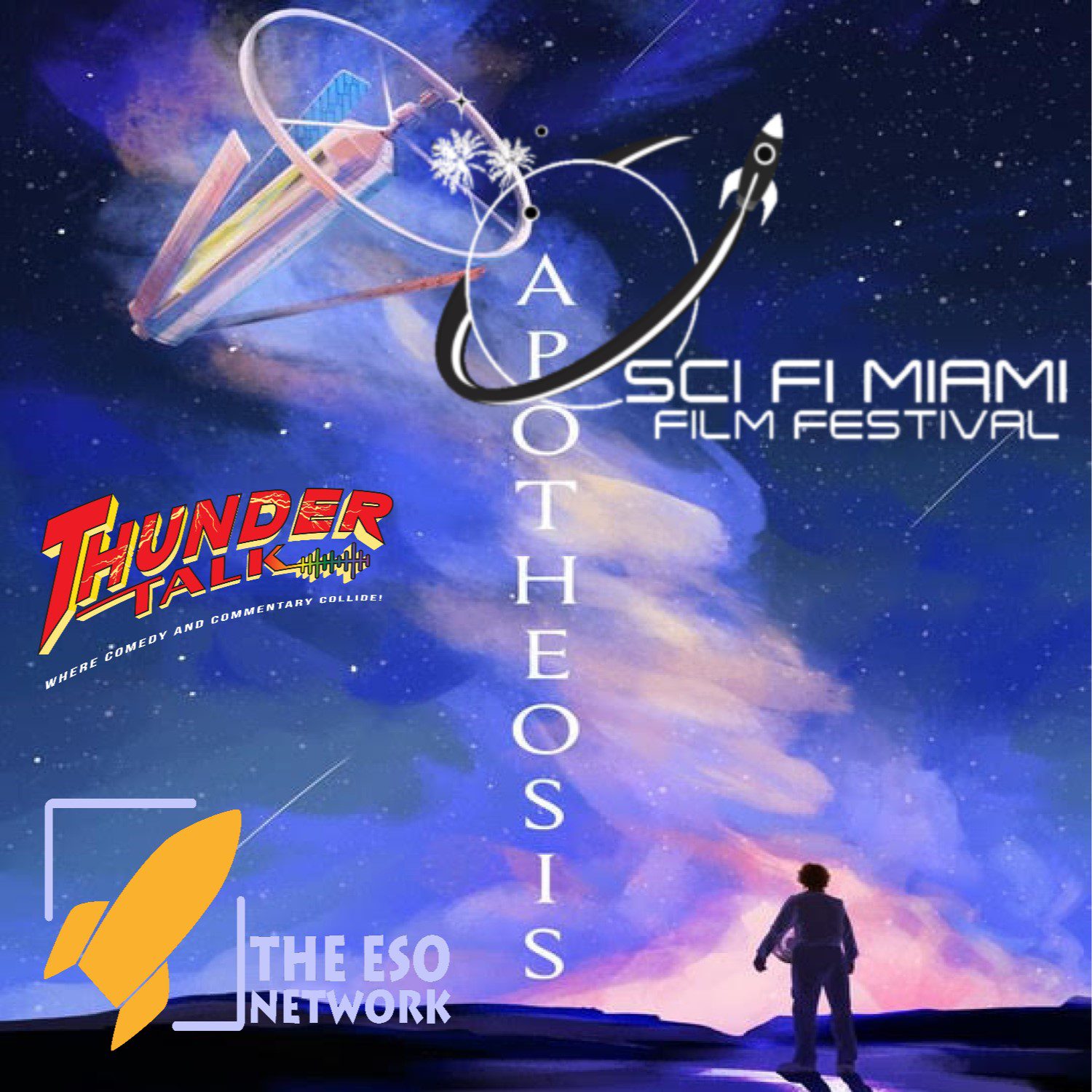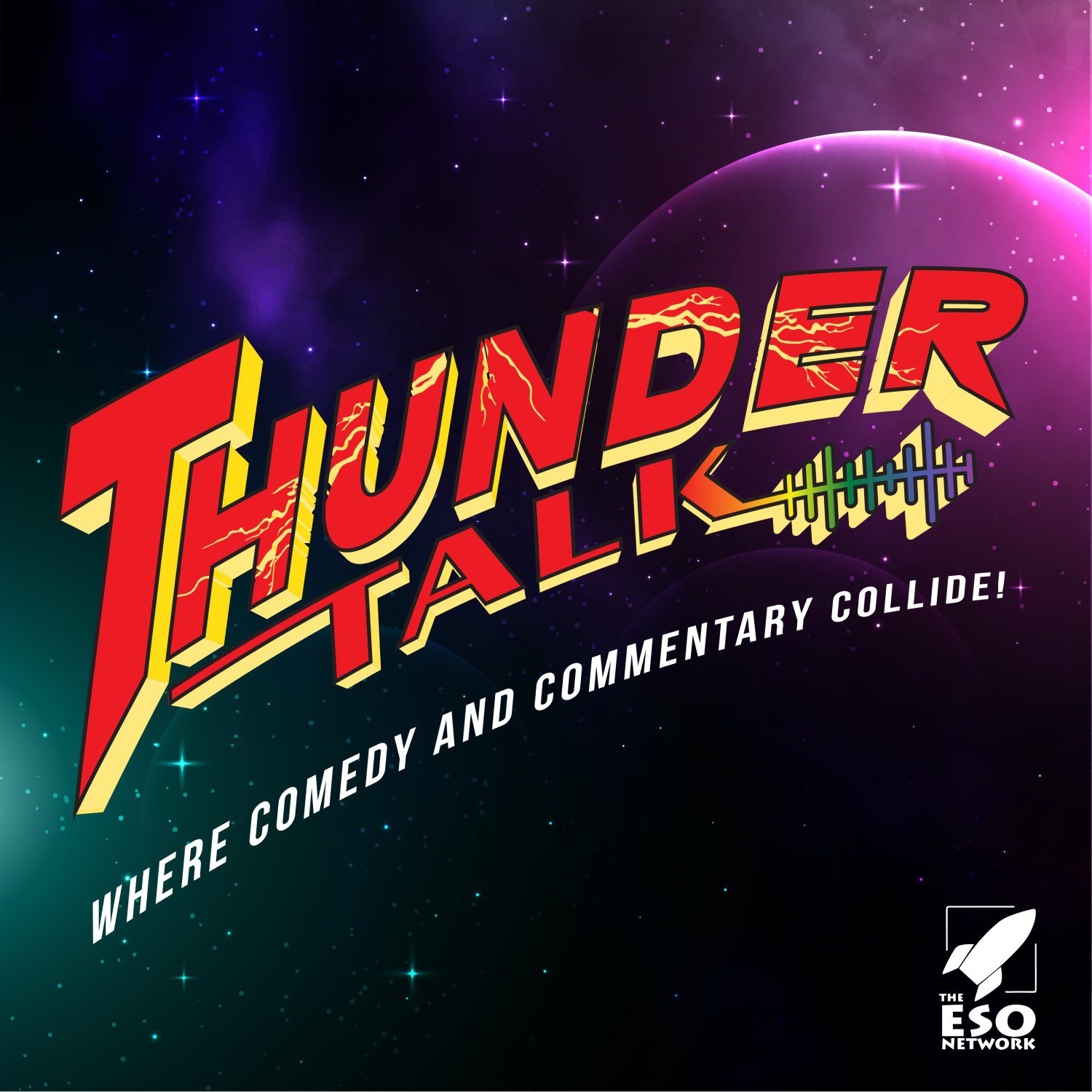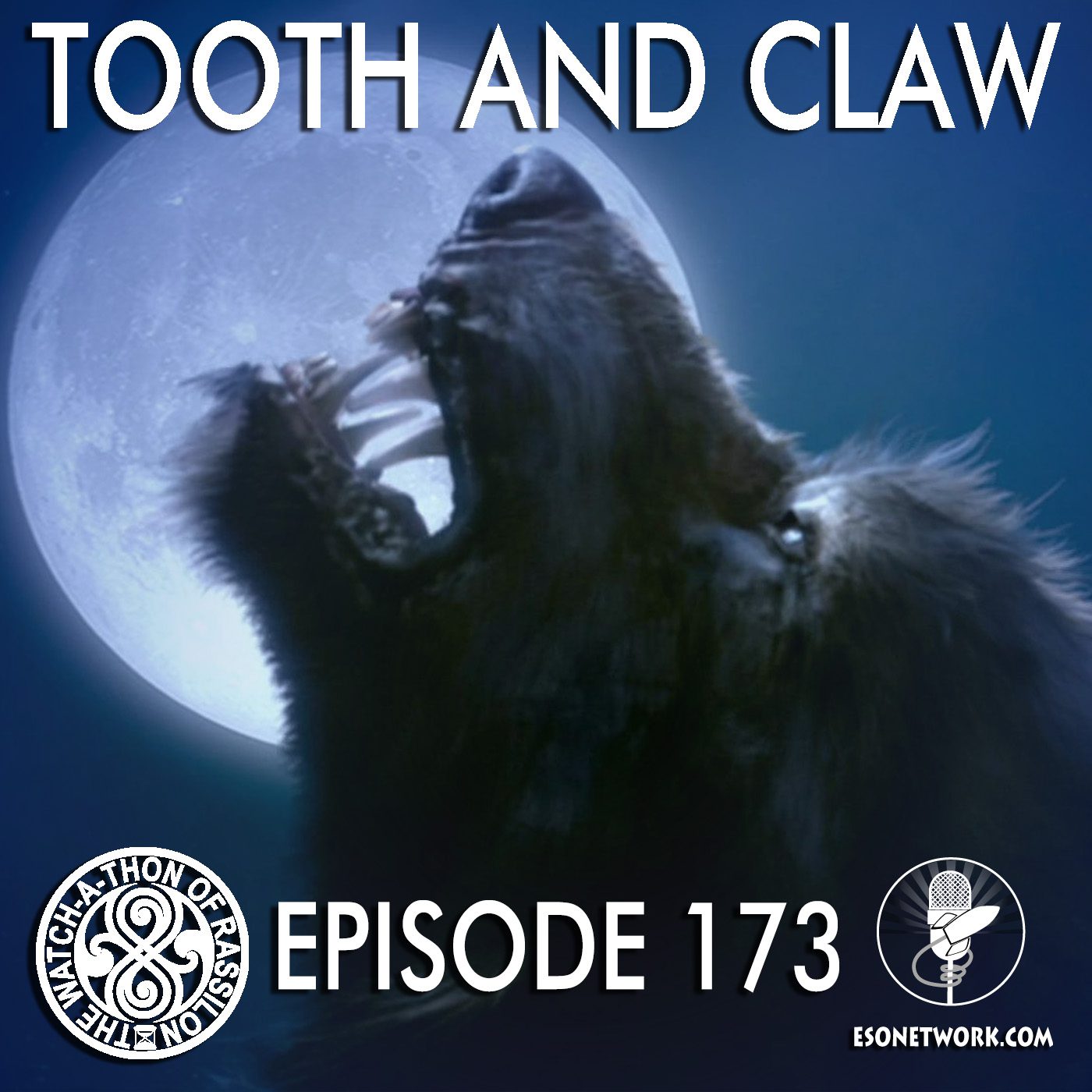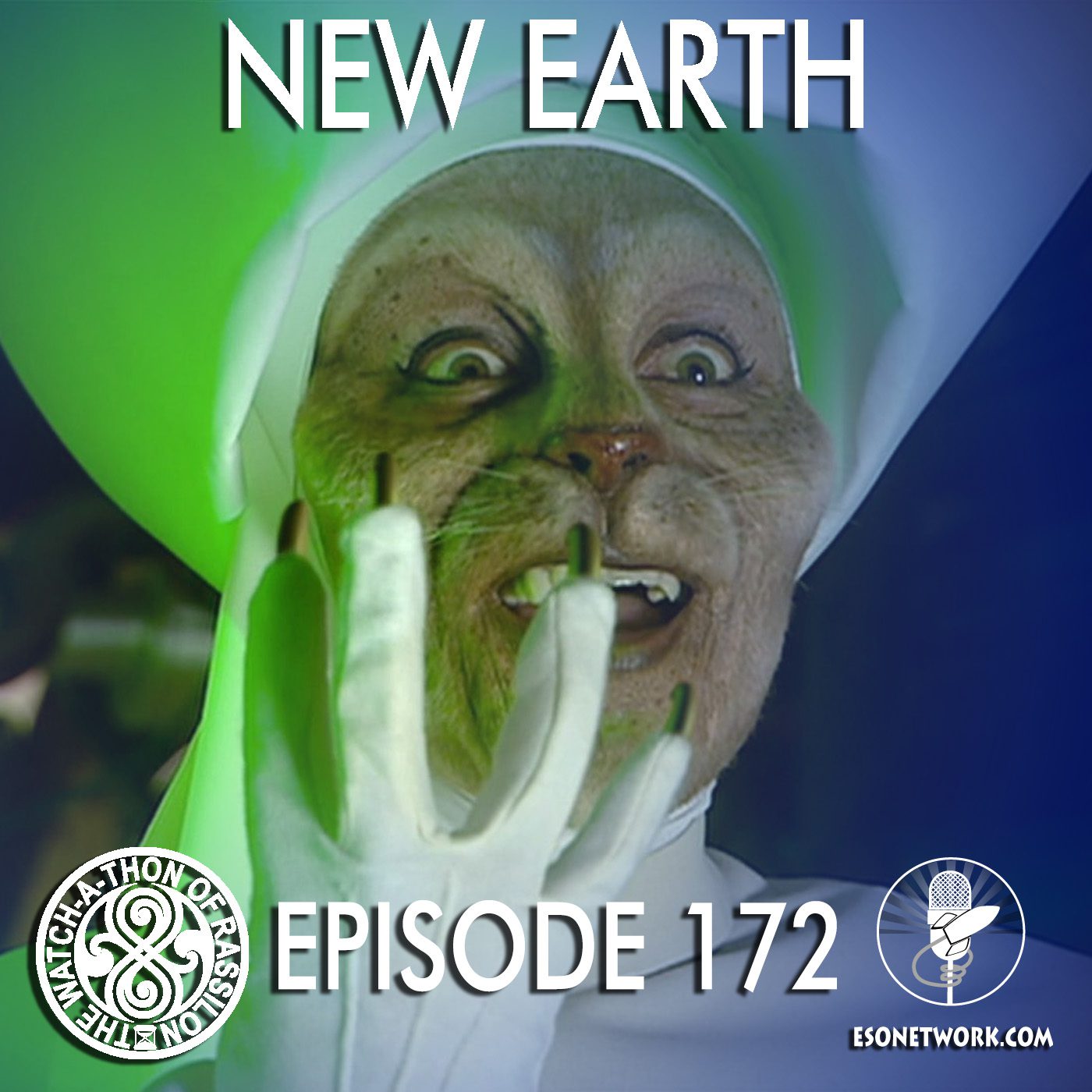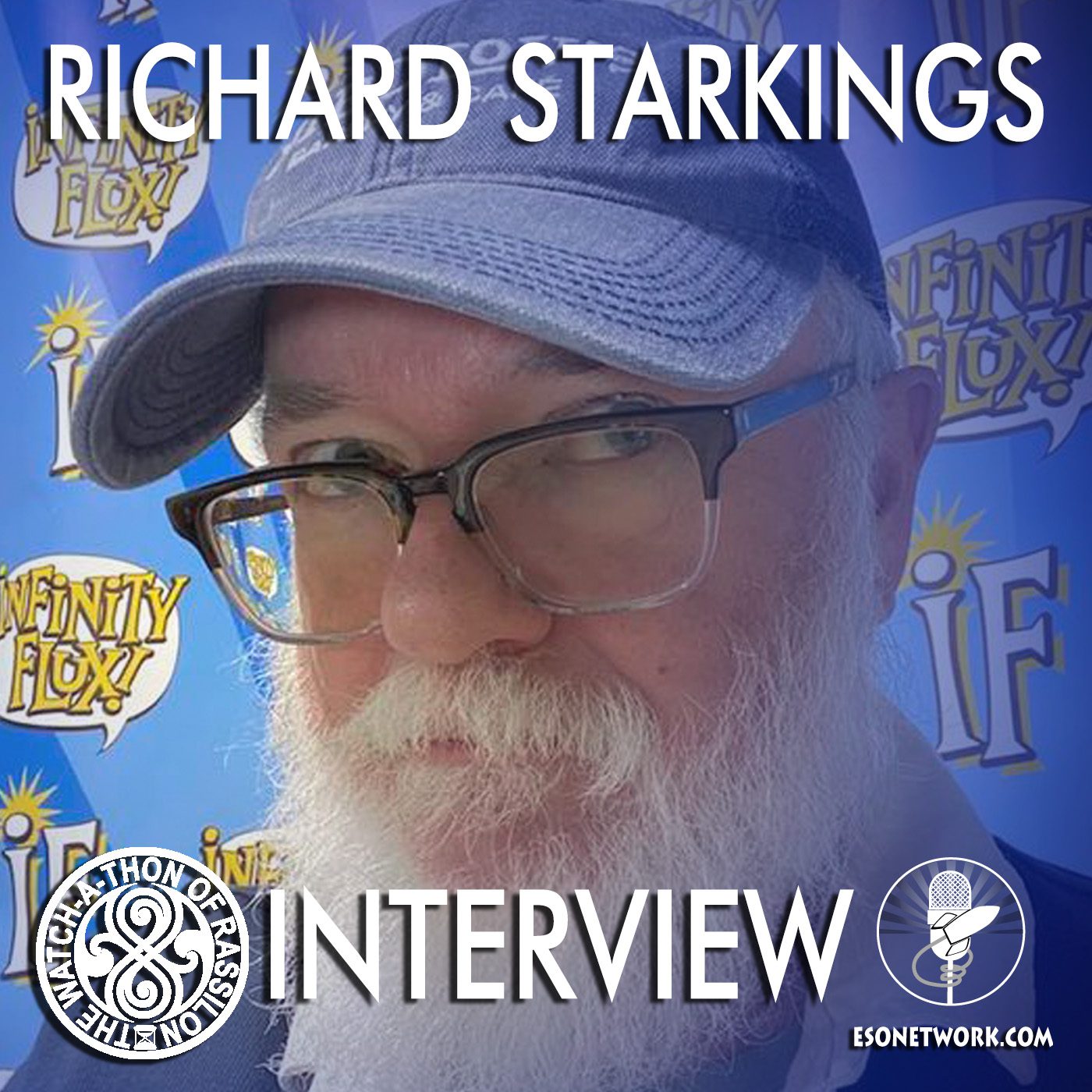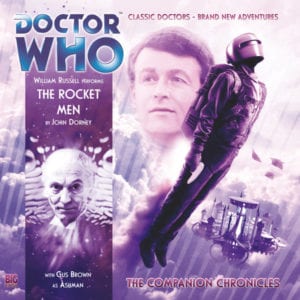 Blurb: The TARDIS has landed on Platform Five, a floating city in the sky of the planet Jobis, and for a time the Doctor, Ian, Barbara and Vicki get the chance to enjoy this idyllic place.
Blurb: The TARDIS has landed on Platform Five, a floating city in the sky of the planet Jobis, and for a time the Doctor, Ian, Barbara and Vicki get the chance to enjoy this idyllic place.
And then the Rocket Men arrive, led by the sadistic Ashman.
When the only other option to certain death is suicide, Ian Chesterton takes the gamble of his life…
Review: “When do you know?” Is it when you see the amazing concept of the story? Is it when you see the terrific cover art, that’s so fantastically retro? Is it when you read the review that tells you that the story is worth your while? The Rocket Men starts off with companion Ian Chesterton asking questions similar to the ones above. It’s a bit different from the typical Companion Chronicle where there’s a clear framing sequence describing when and why the companion is telling the story to someone else. This line of questioning gives an immediacy to the action, making it appear as if Ian is talking directly to the listener. It also gives some foreshadowing of what’s going to happen in the story while also creating a thematic hook as Ian returns to the questions throughout the narrative. It’s a clever concept and one which works astonishing well.
The immediacy and the sense of pacing of the story is no accident Author, John Dorney, has stated that he intended for this to feel like one of Doctor Who’s “missing stories”, which no longer exist in the BBC archives aside from some isolated footage and audio. These have since been released on CD with narration to cover the parts that wouldn’t be understood without the video to provide context. Dorney cheats a little, because that narration is simple, but Ian here provides a lot of background and opinion on what’s going on. Dorney also provides the story in a non-linear style that jumps between a hostage crisis, the events leading up to it, and the events after. By presenting the story in that manner, a relatively straightforward story becomes a lot more interesting. A lot of details are provided in the sections that happen later, but without the proper context that’s learned in the beginning, the listener doesn’t fully understand what they’re hearing. It helps to keep the listener engaged with the story and the intercutting between timeframes ensures that the pace never dies down. The final bit of flair is that the most action-packed sequences are told in second-person. To Dorney this symbolizes the extant footage of a missing episode. The second-person narration is supposed to feel like someone watching the story at home, and it definitely helps to keep the energy and the immediacy up during the main action of the story.
The Rocket Men themselves are a fantastic concept. Villainous pirate raiders with rocket packs, they evoke the imagery of the classic Republic serials or the more recent The Rocketeer. They’re fantastically retro now and certainly something that would have been part of the zeitgeist in 1965. Some might see this as an attempt to do a sixties story without worrying about budget, but as Dorney points out in the liner notes on the CD, the Doctor Who production team in 1965 didn’t seem to care much about budgets either. You only have to see The Web Planet to see how insanely ambitious that they were. The Rocket Men does not disappoint. It’s got everything from a gas giant tourist destination planet populated by crystal insects and giant manta rays to high speed aerial fights with jet packs. It certainly doesn’t stifle the imagination and everything is so vividly described and wonderfully presented that the listener can visualize how it would have been done on TV or have their own high budget rendition in their heads to suit their own preferences.
The real success of The Rocket Men stems from Dorney’s understanding of the characters. The story is told from Ian’s point of view and is tinged by his perceptions. Some moments are fun such as when Ian refers to the Doctor’s “faintly evil” laugh. If you’ve seen a Hartnell story you know what he’s talking about. Yet, there’s also some really perceptive insights given as well. At heart, Ian is a science teacher and loves science. His jealousy that the Doctor has been invited to assist at a research institute while he only gets to stay and be a tourist doesn’t really come from the TV series. It just makes sense from an understanding of who the character is and how he’d feel at being dragged around time and space for so long. Vicki is presented as an annoyingly overexcited youth, but that’s very similar to how she was depicted on the TV show. Yet, when other lives are threatened Vicki is the first to stand up and give away her safety to help another, and Barbara, being unable to let Vicki do this alone, does the same. Meanwhile, the Doctor, although not present for much of the story is a constant thorn in the Rocket Men’s side, leading a rebellion with a few research scientists and keeping the Rocket Men’s conquest of the planet from being complete. It all fits so perfectly with the characters as depicted on TV that longtime fans will appreciate how well each character is depicted while those who are unfamiliar with the Hartnell era will be delighted to learn about these awesome characters.
The main character arc of the story is the relationship between Ian and Barbara. It’s a controversial topic, since fans tend to be polarized to this day as to whether Ian and Barbara had romantic feelings for each other or not. It seems difficult to believe that anyone who’s seen The Romans, The Crusades, or The Chase would feel otherwise, but a sizable segment of fandom says that they’re “just friends”. Nothing ostentatious or out of character happens. As in the television series, Ian and Barbara’s relationship remains chaste, yet this story explores the ideas of how you know that you’re in love. Why might you not realize? How would you find out? Why might you not say anything? It’s a great way of satisfying both points of views and giving credence to both opinions while having Ian and Barbara say very little about it to each other. It’s both clever and touching, and it’s really difficult not to get emotional at the ending of the story as Ian comes to grips with his own feelings and begins to wonder how Barbara feels about him. It’s great, and the only real shame is that Jacqueline Hill isn’t around to do a followup story from Barbara’s point of view.
It’s not all about the main characters of course. Dorney understands that heroes are only as good as their villains. For the most part, the Rocket Men are a generic band of space pirates who’s one claim to fame is their awesome mode of transport. Yet, Dorney manages to give them a little personality, having them take potshots at the flying manta rays for sport. Their leader, Ashman, though is in a whole other league. More than just being a murderer and a thief, Ashman is a sadist who enjoys watching the fear and suffering of others. Ashman is the perfect foil for Ian’s virtue as Ian’s compassion and honor must match up to Ashman’s ruthlessness. Even cleverly, though, the manta rays are given a personality of their own, and one of them becomes a true supporting character. It’s a fitting twist to the story and one that when it happens just feels so “right” that it’s hard not to cheer.
Of course, the story would be nothing without the performances. As usual, William Russell stuns with a tour de force of incredible acting and narration. This story was recorded when he was still at the height of his powers, an amazing feat for a man of eighty-six. His narration is perfect, sounding like an older Ian looking back at one of the events of his youth, sounding somewhat wistful throughout the entire story. Only the second-person narration sounds different. There he sounds like the younger Ian. It’s true that Russell doesn’t sound exactly like the man he was in 1965, but he does such a great job recreating the mannerisms, inflections, and cadence of Ian Chesterton while also filling his performance full of a more youthful energy that it’s a phenomenal thing to listen to. His performance as the first Doctor remains the strongest of any actor who’s tried to fill those shoes. He gets the Hartnell mannerisms exactly right, and there’s such respect in his performance for Hartnell as well as a touch of eagerness to be allowed to play the Doctor even second-hand that it’s difficult not to enjoy. His Barbara and Vicki are also good, although it’s more difficult of course for him to do those characters as much justice. Still, his Barbara is warm and compassionate and his Vicki is hyperactive and a bit annoying, so the truth comes out in the performance just the same.
Not to be outdone, Gus Brown also shines as Ashman. Somehow Brown has tapped into something primal within the human psyche and knows just the right way to make his voice sound, so that you know that Ashman is a stone-cold, calm killer. He enjoys having power over others. He enjoys seeing the fear, and he enjoys suffering. The dialog alone isn’t enough. Brown conveys so much with just his voice. Ashman’s joy when he’s fighting is sheer delight, and Brown doesn’t hold back from showing his respect, excitement, and murderous intent as Ashman and Ian fight. It’s a wonderful, vaguely hypnotic performance that draws the listener deeper into the story.
The music accompanying this story is also excellent. There’s a nice, orchestral score here that’s both uplifting and full of energy, to keep up with the pacing of the story. It doesn’t sound at all like anything that would have been on any of the stories in the second season of Doctor Who, but that’s not really important since it works so well for this particular story. The sounds are excellent. There’s the mournful calls of the giant manta rays, rocket packs, people screaming and panicking, gunshots, and so much more. Big Finish often does a good job with the music and sounds. After all, they’re in the business of audio entertainment, but it seems like someone knew in advance that this story was going to be something special, because the quality of the soundscape is a bit higher than normal.
Recommendation: It’s the triumph of the entire Companion Chronicles range. Whether you’re talking about the concept, plot, script, character development acting, music, or sound effects the story delivers. Plus, it does what every good Companion Chronicle should do and tells you something new about the character. I highly recommend doing yourself a favor and going out and purchasing this one.
10/10
2011
Audio Drama
Big Finish Productions
Directed by Lisa Bowerman
Produced by David Richardson
Written by John Dorney
Runtime Approx 60 min.








